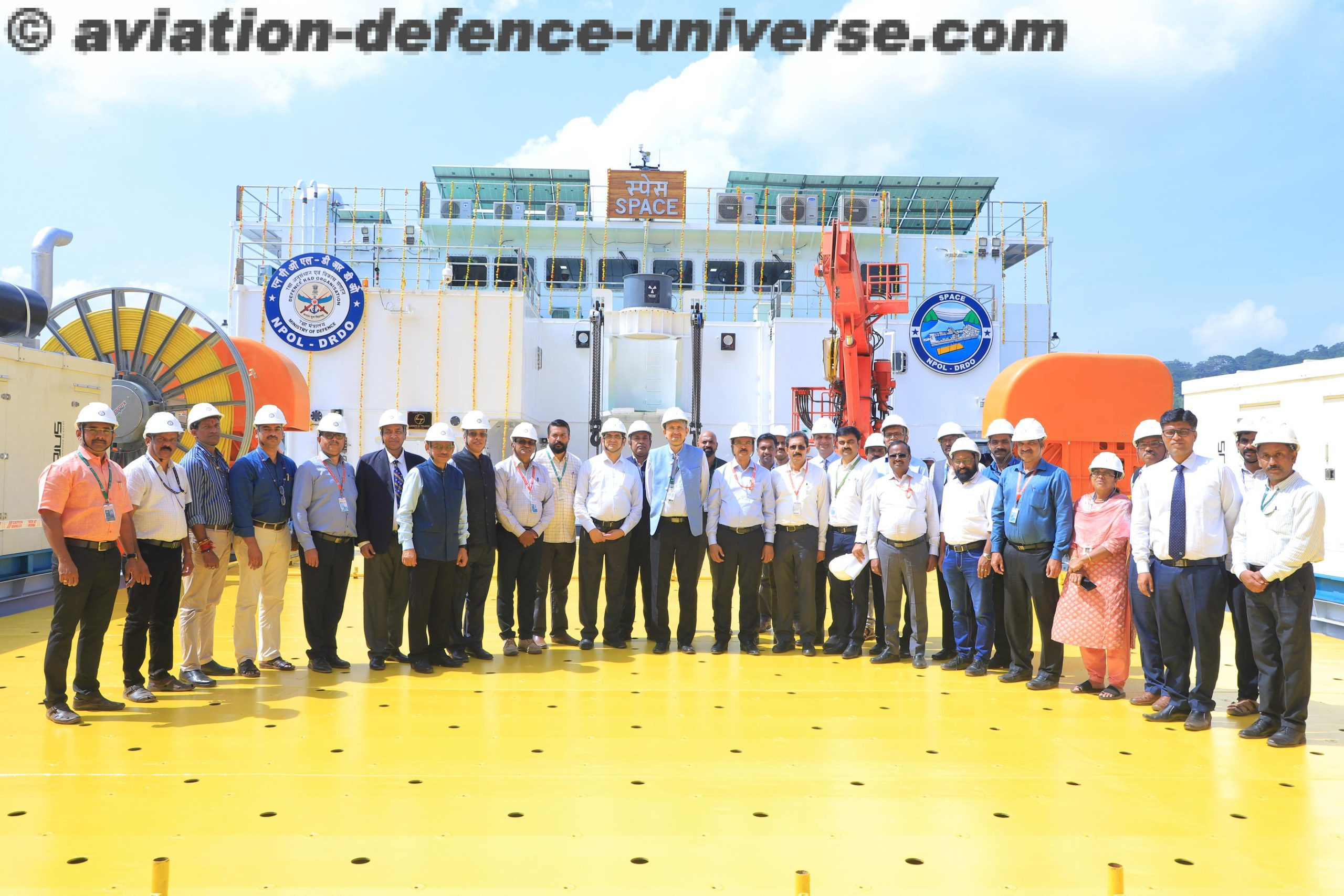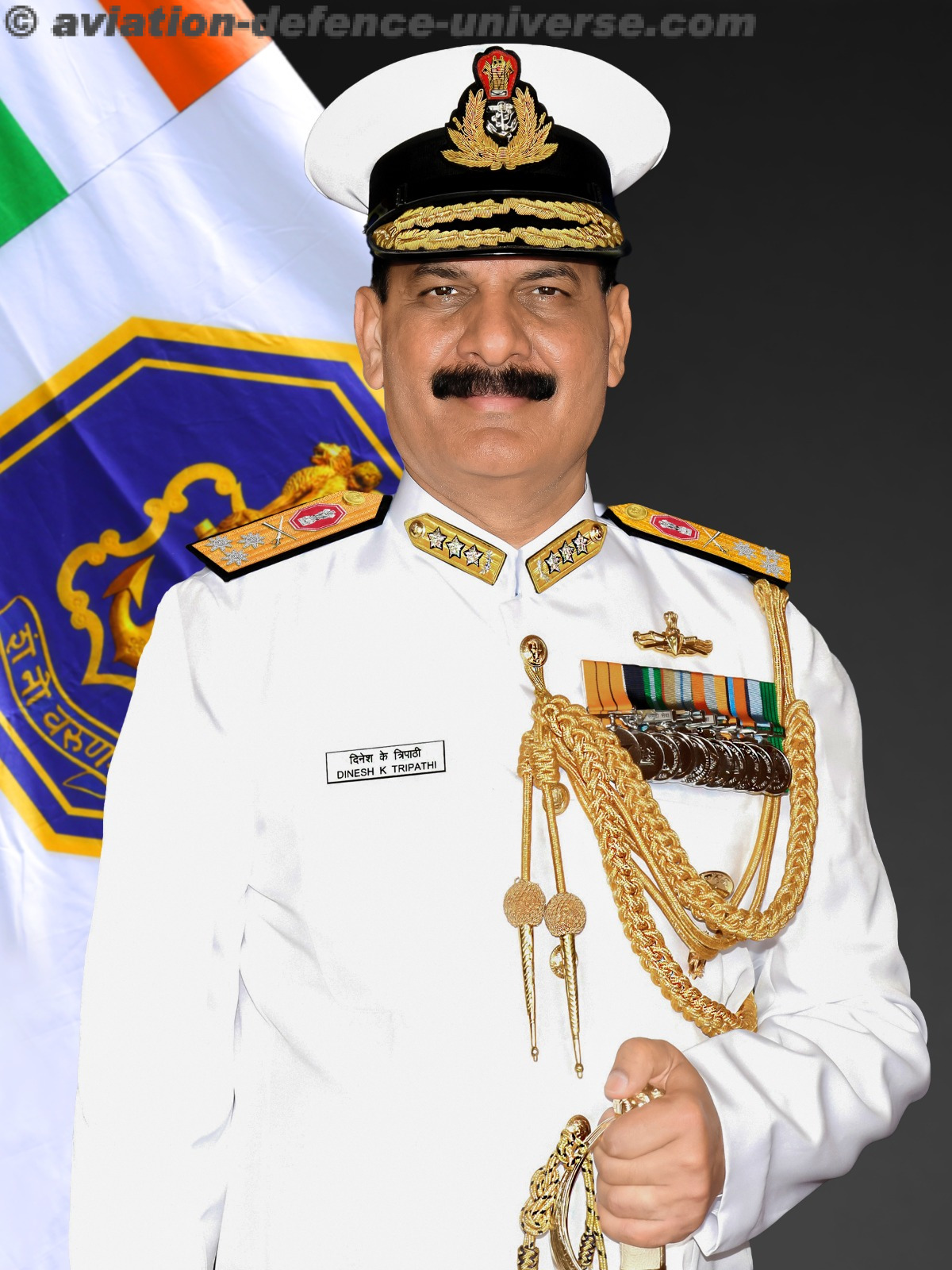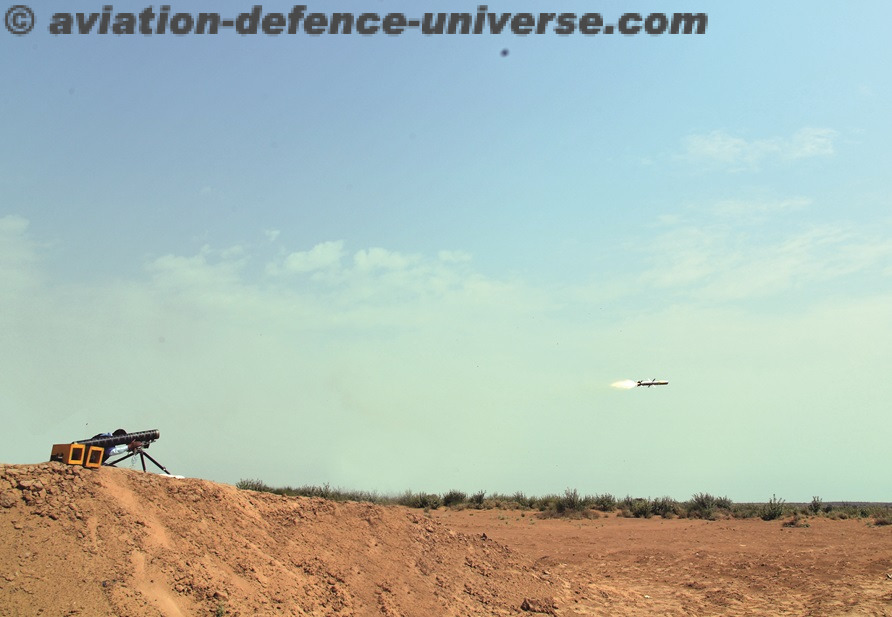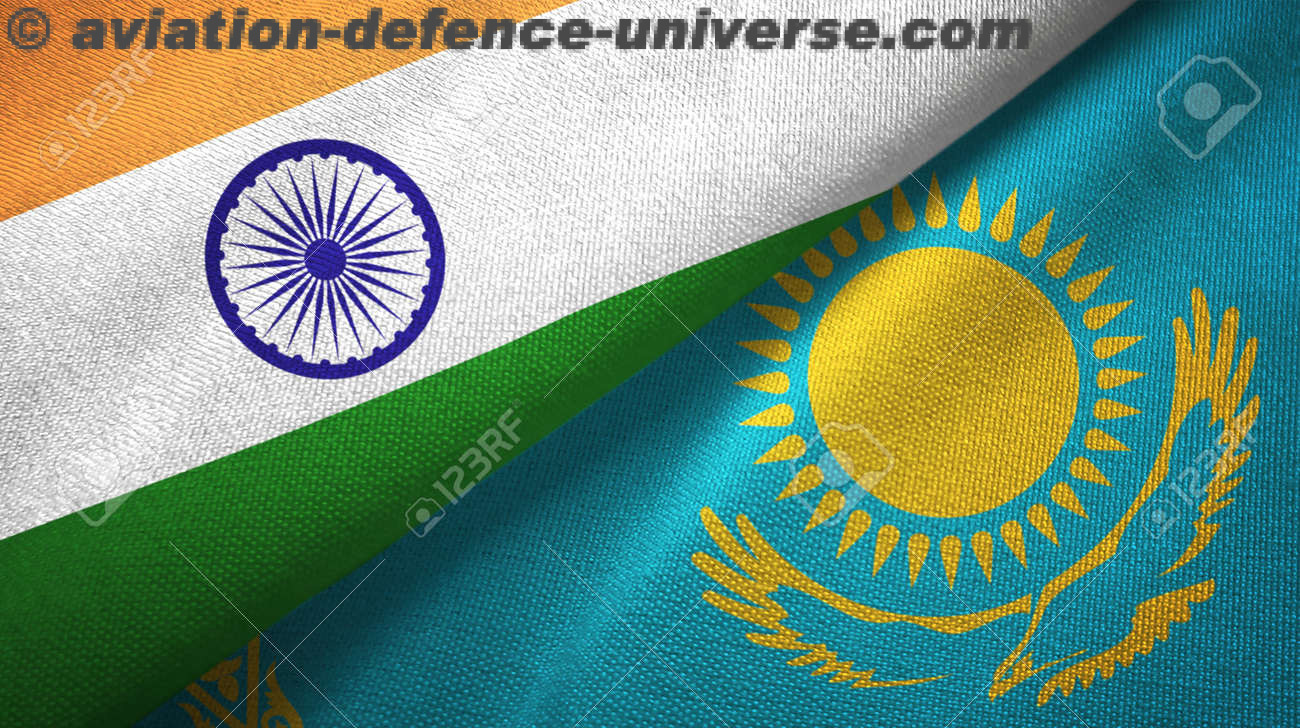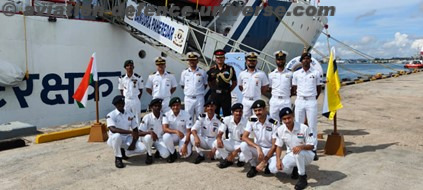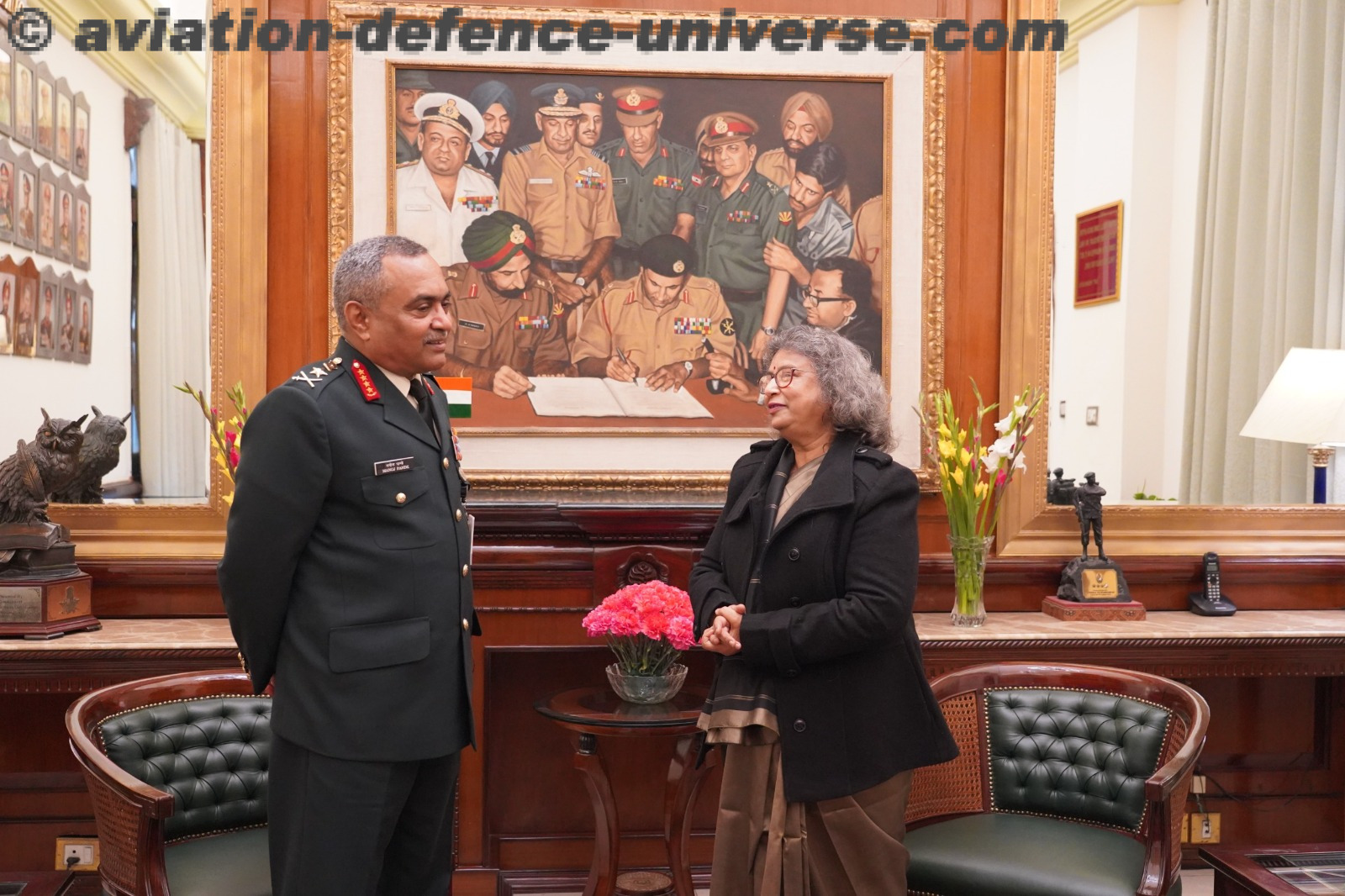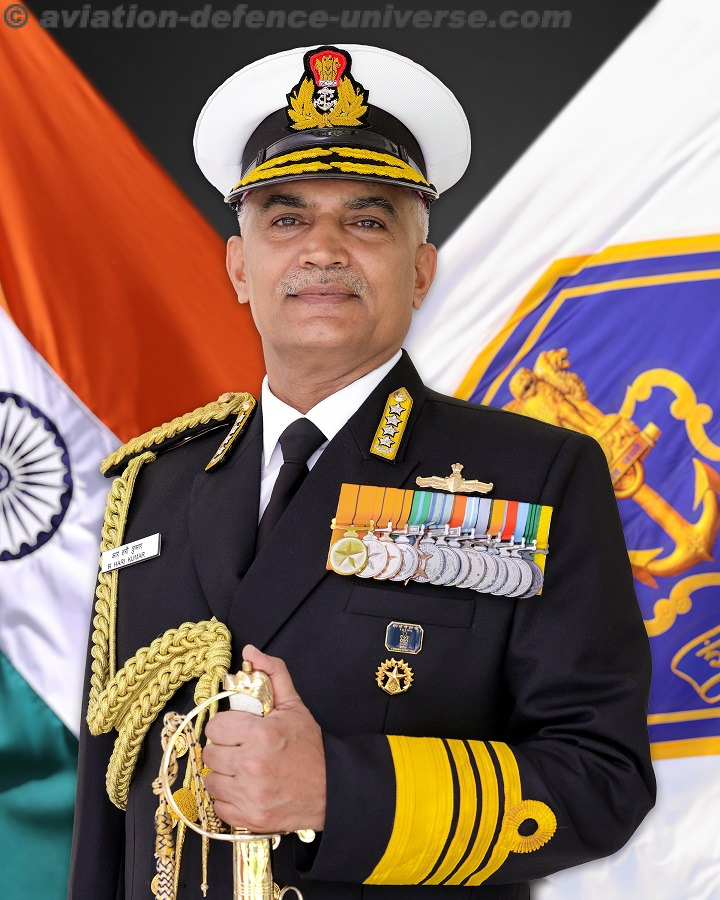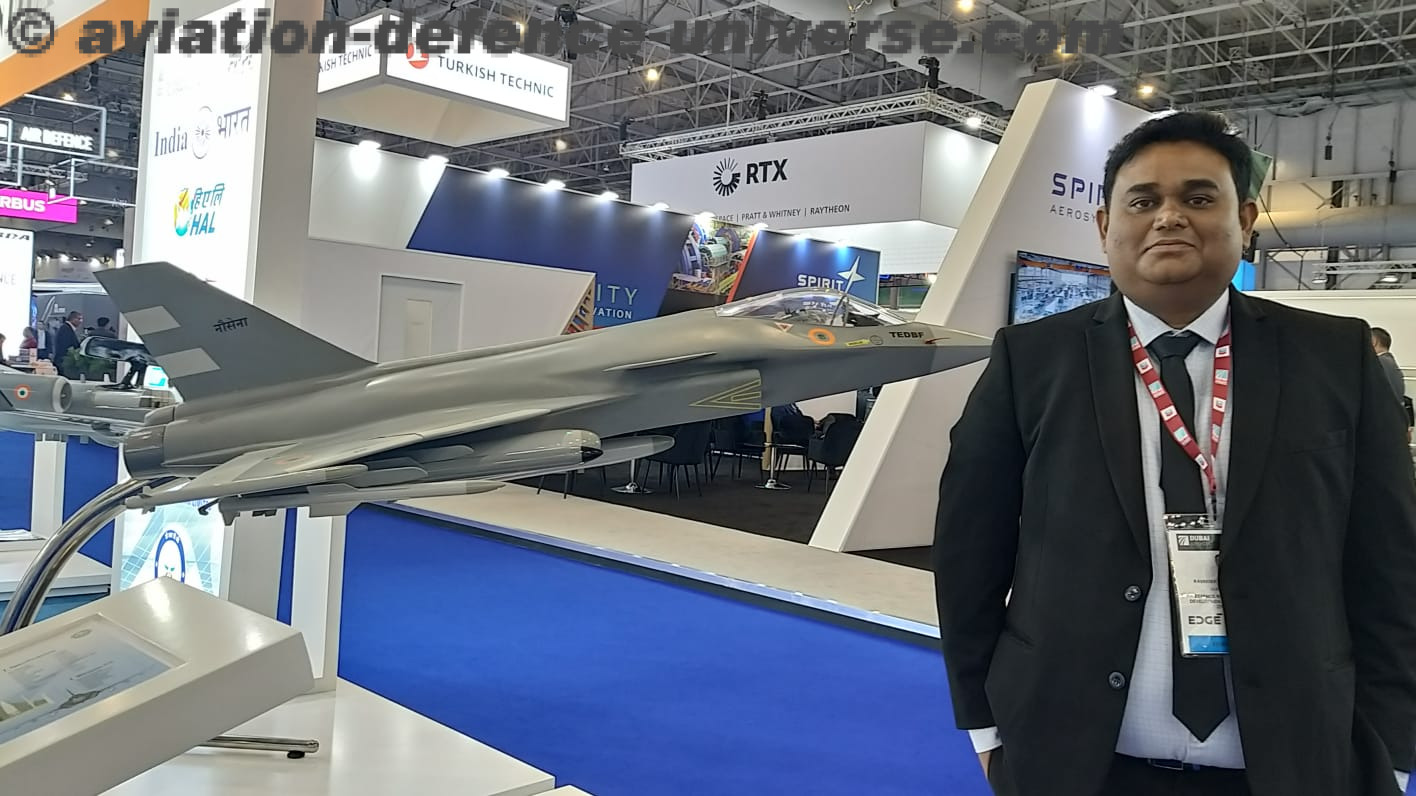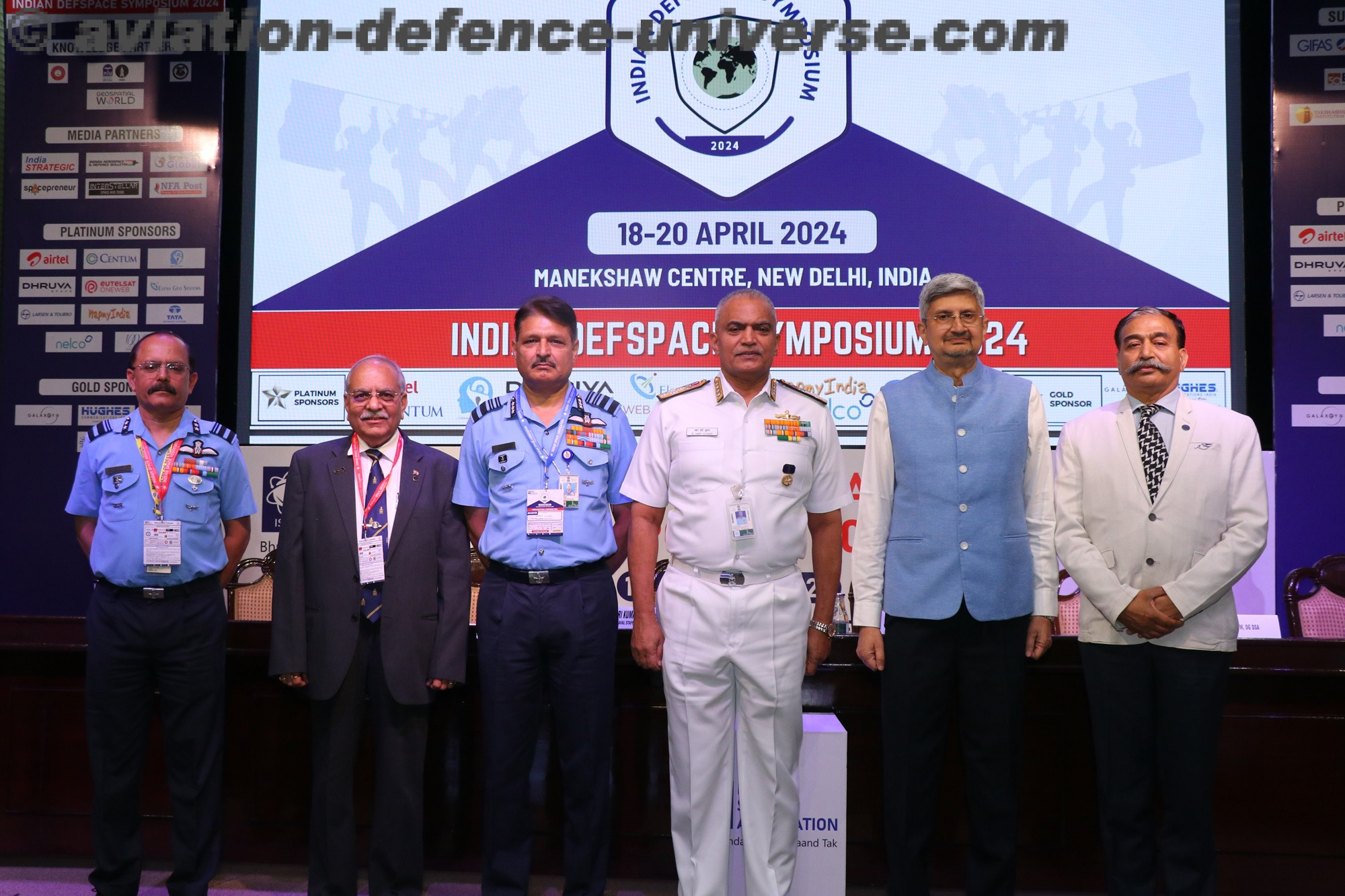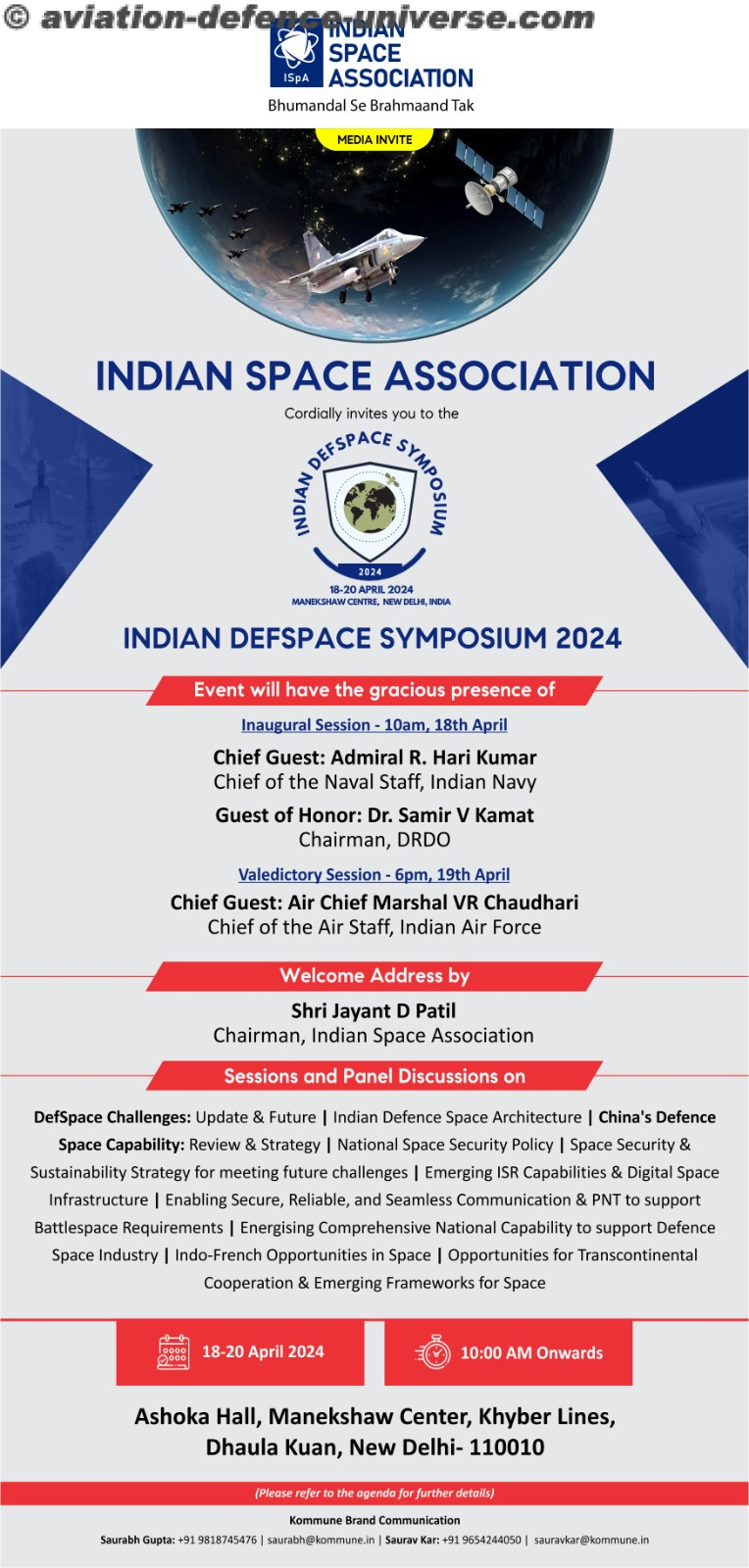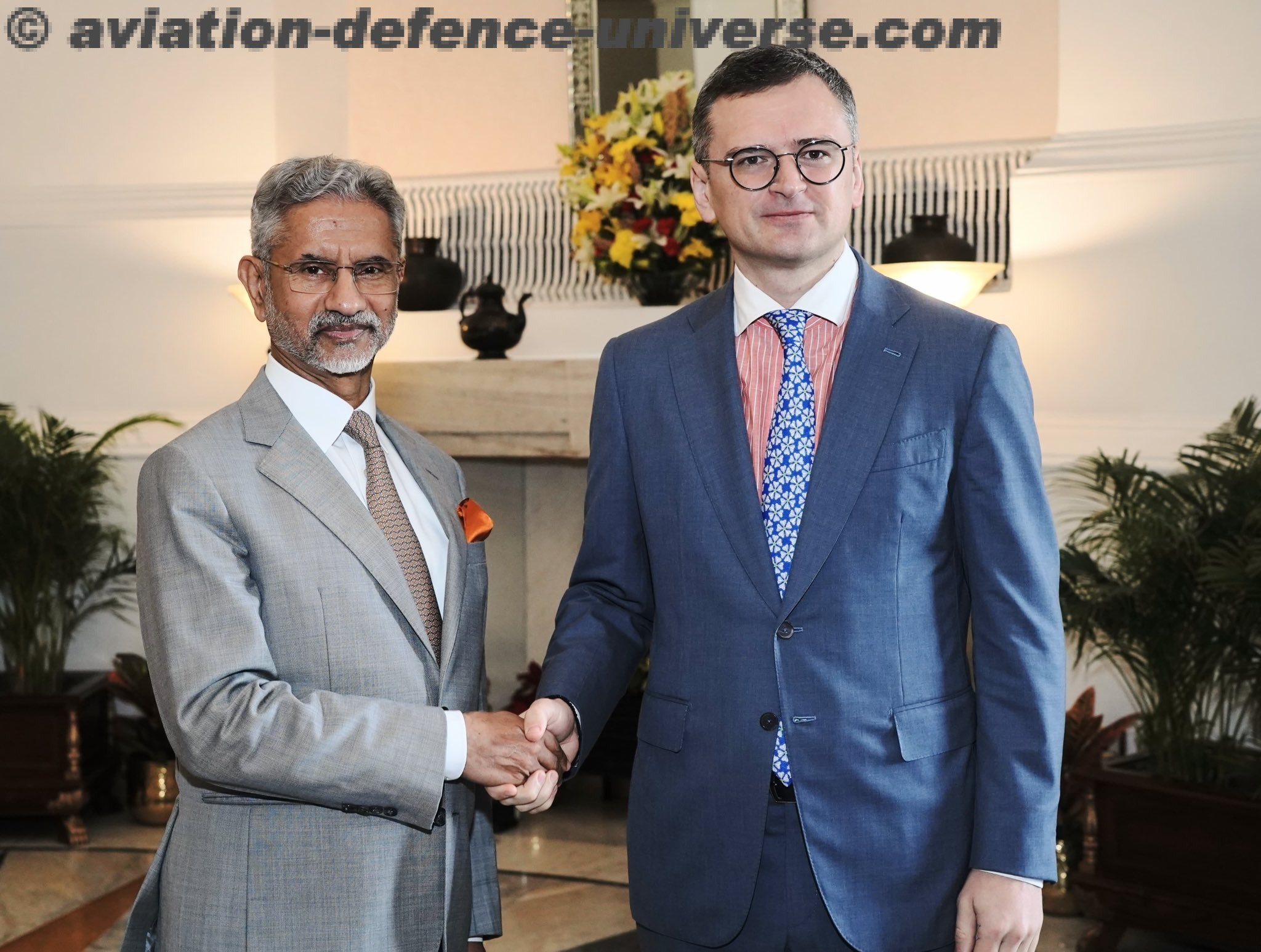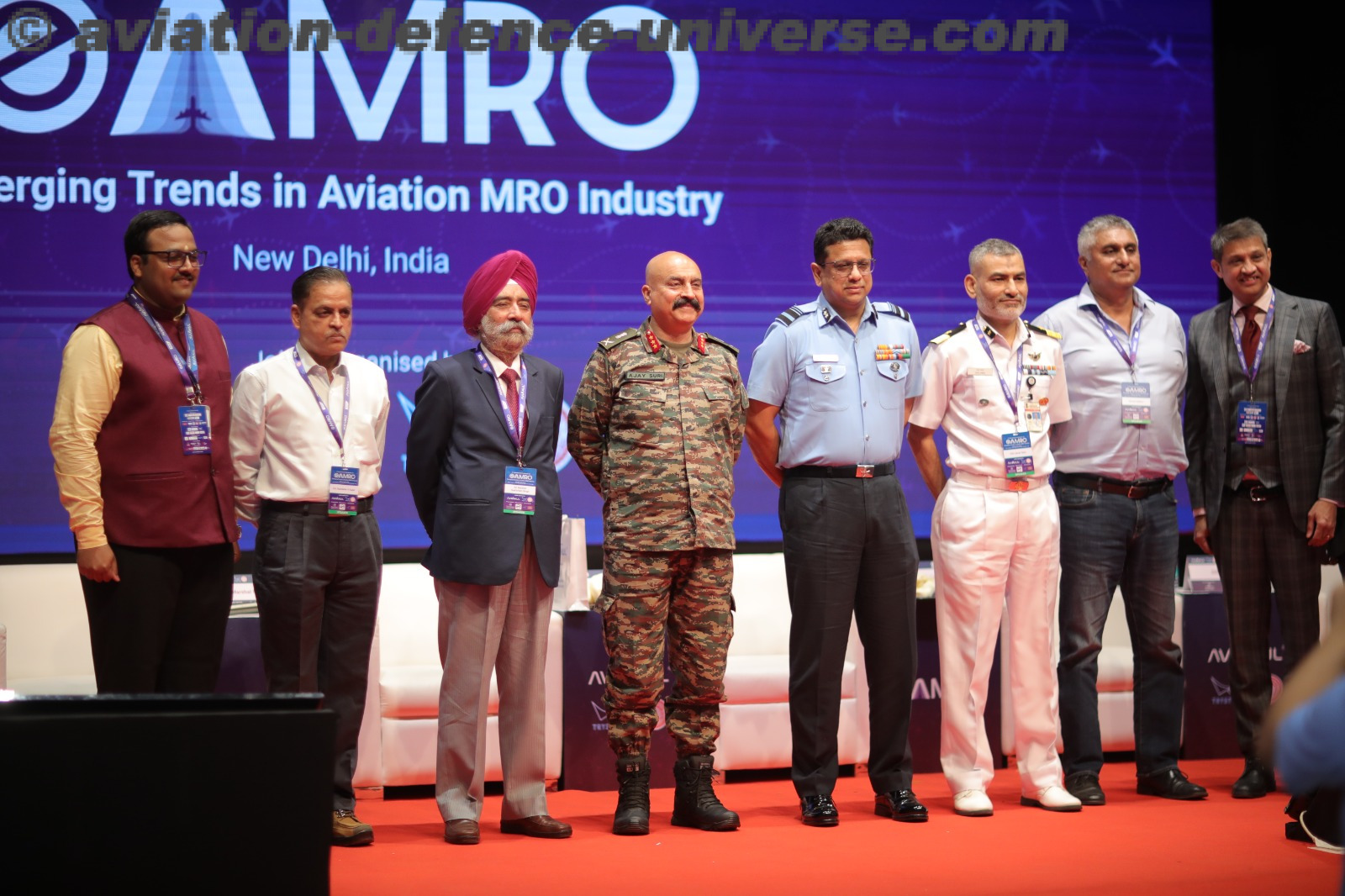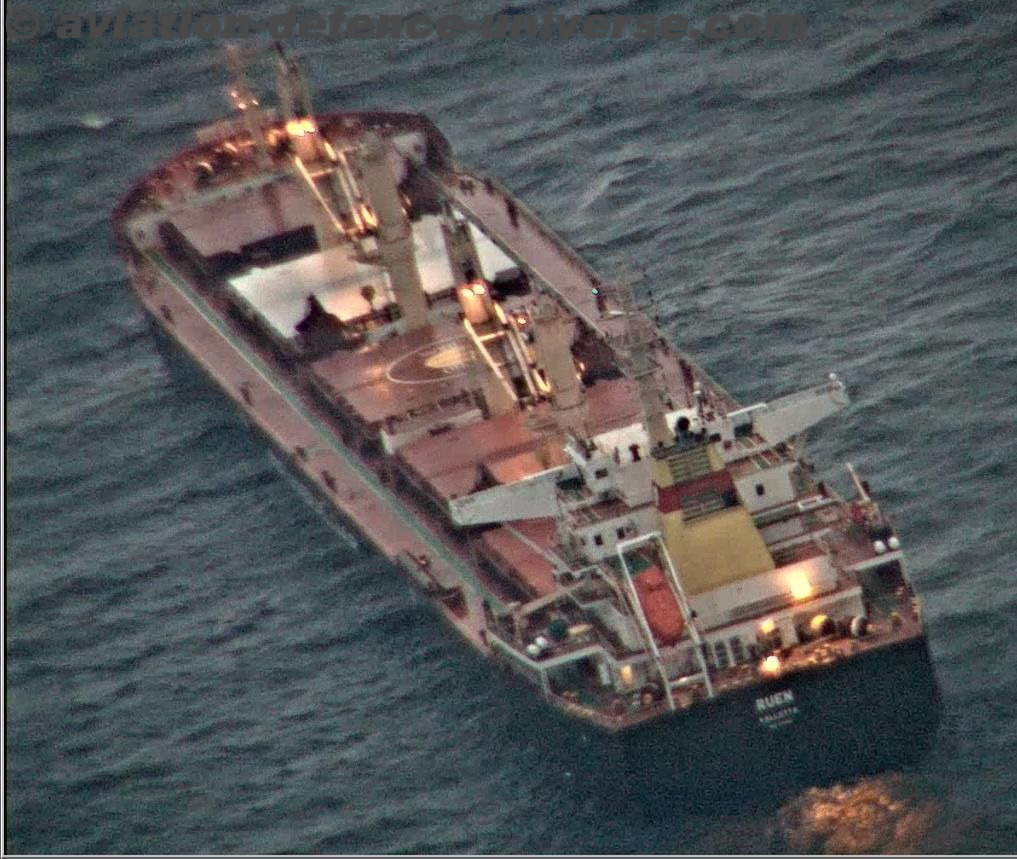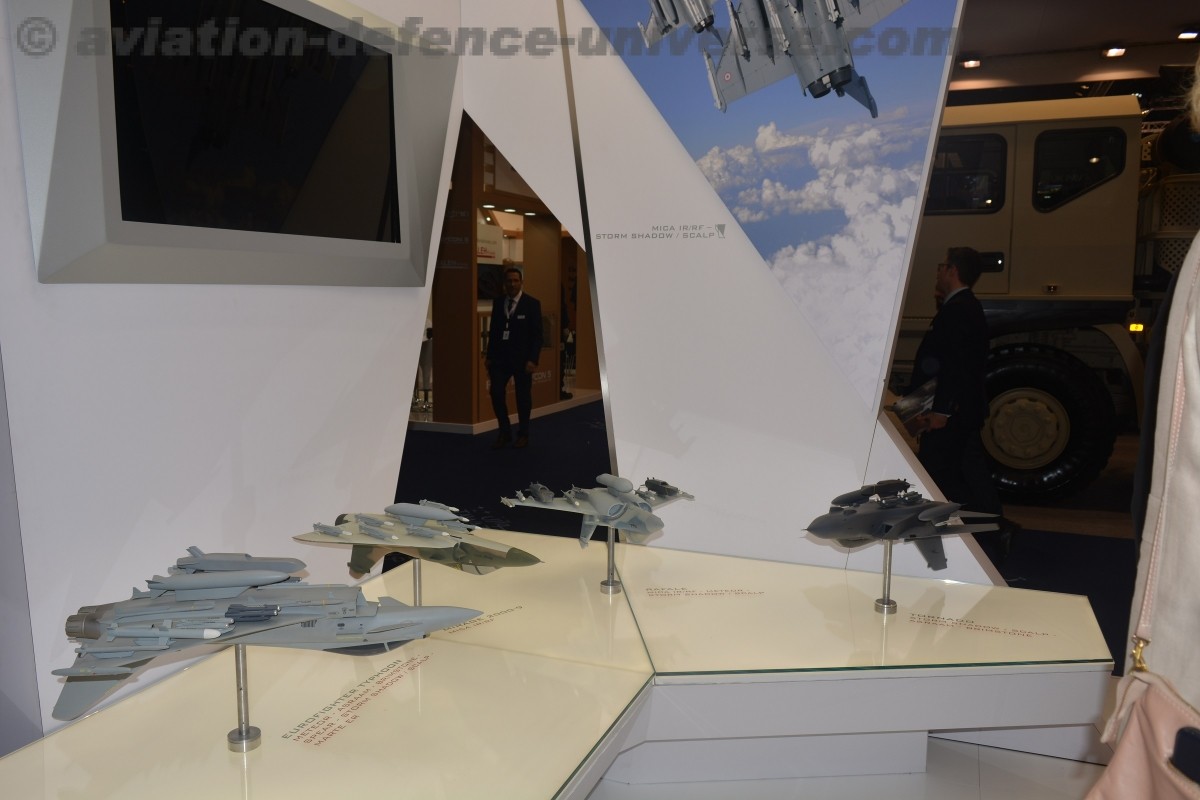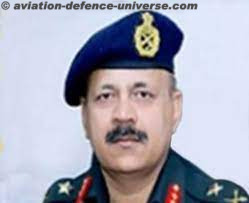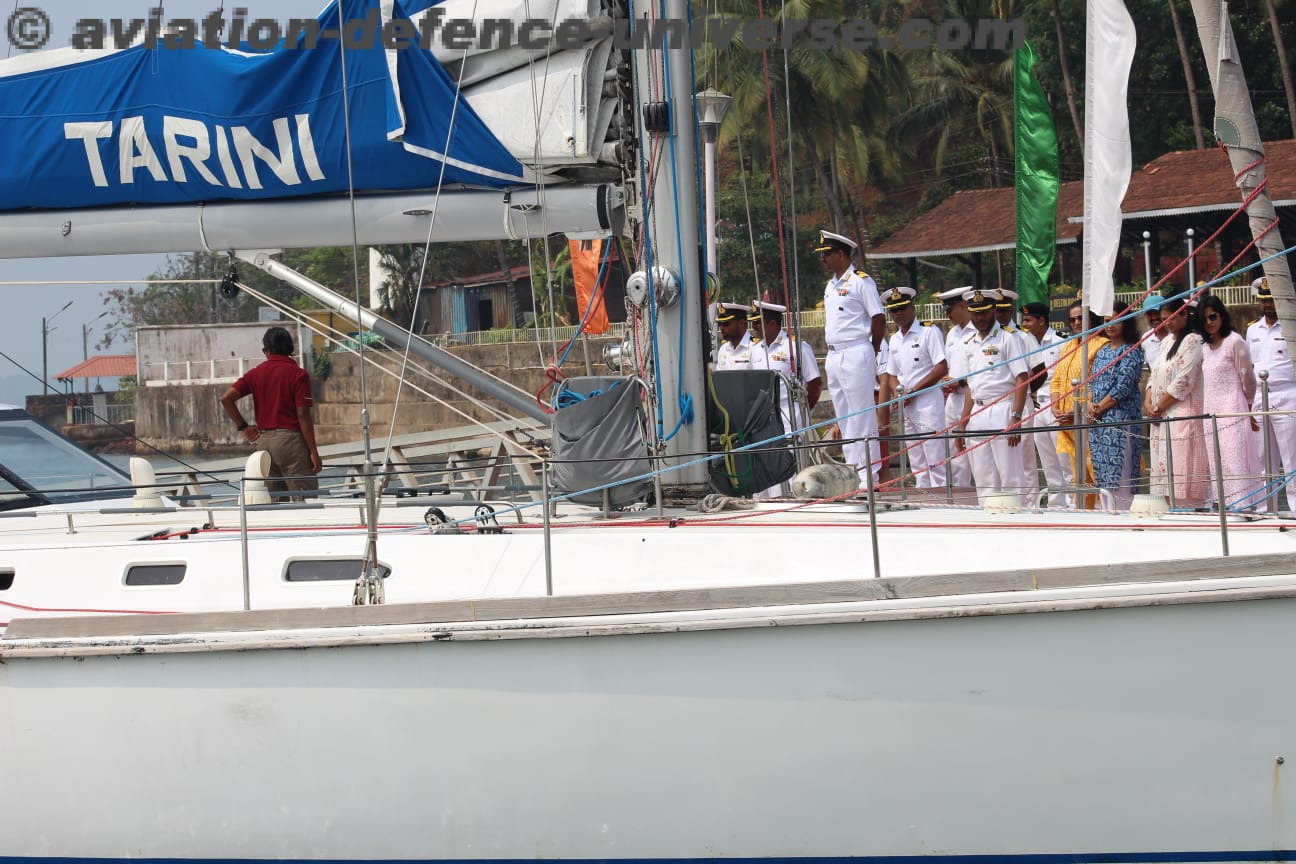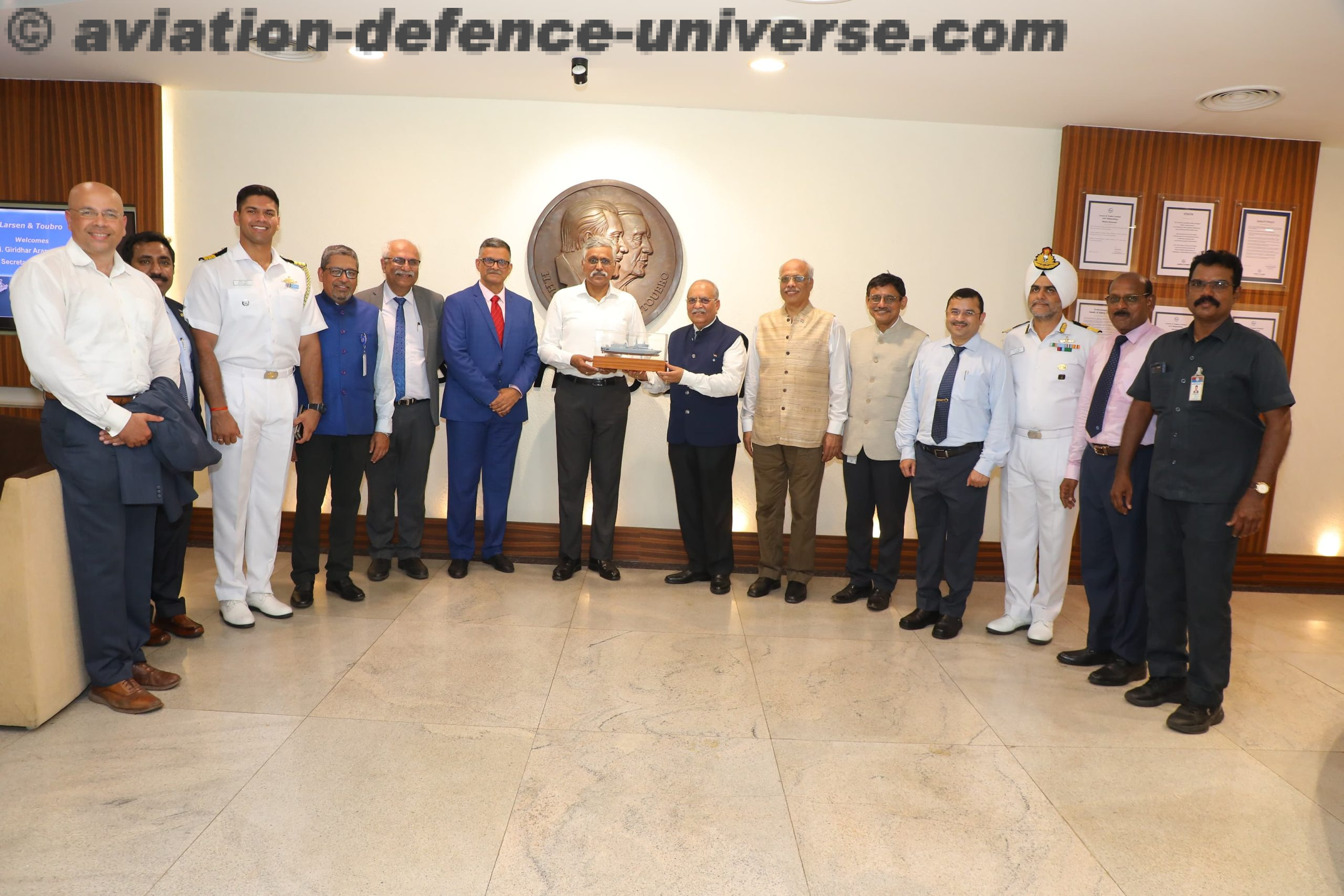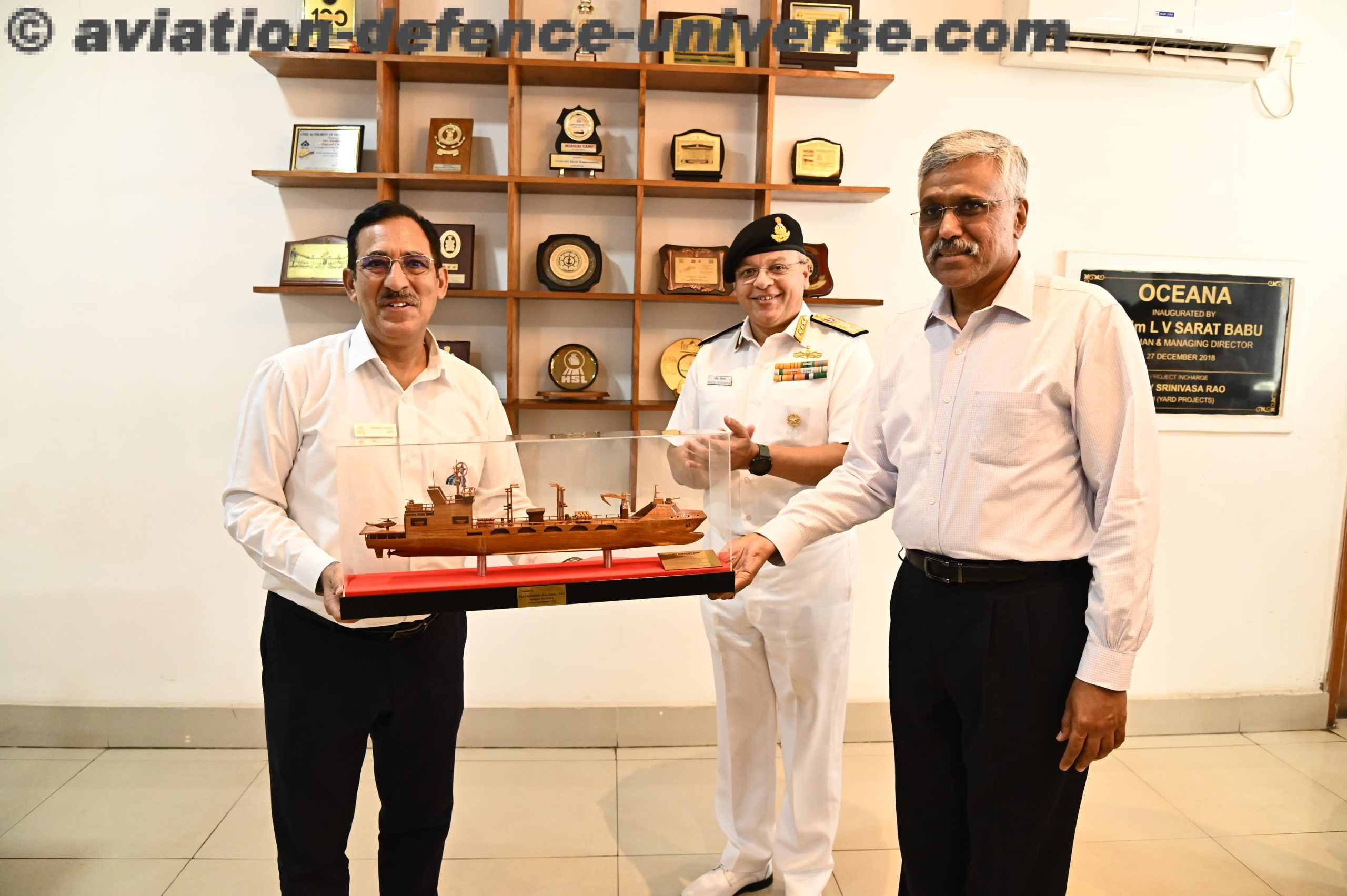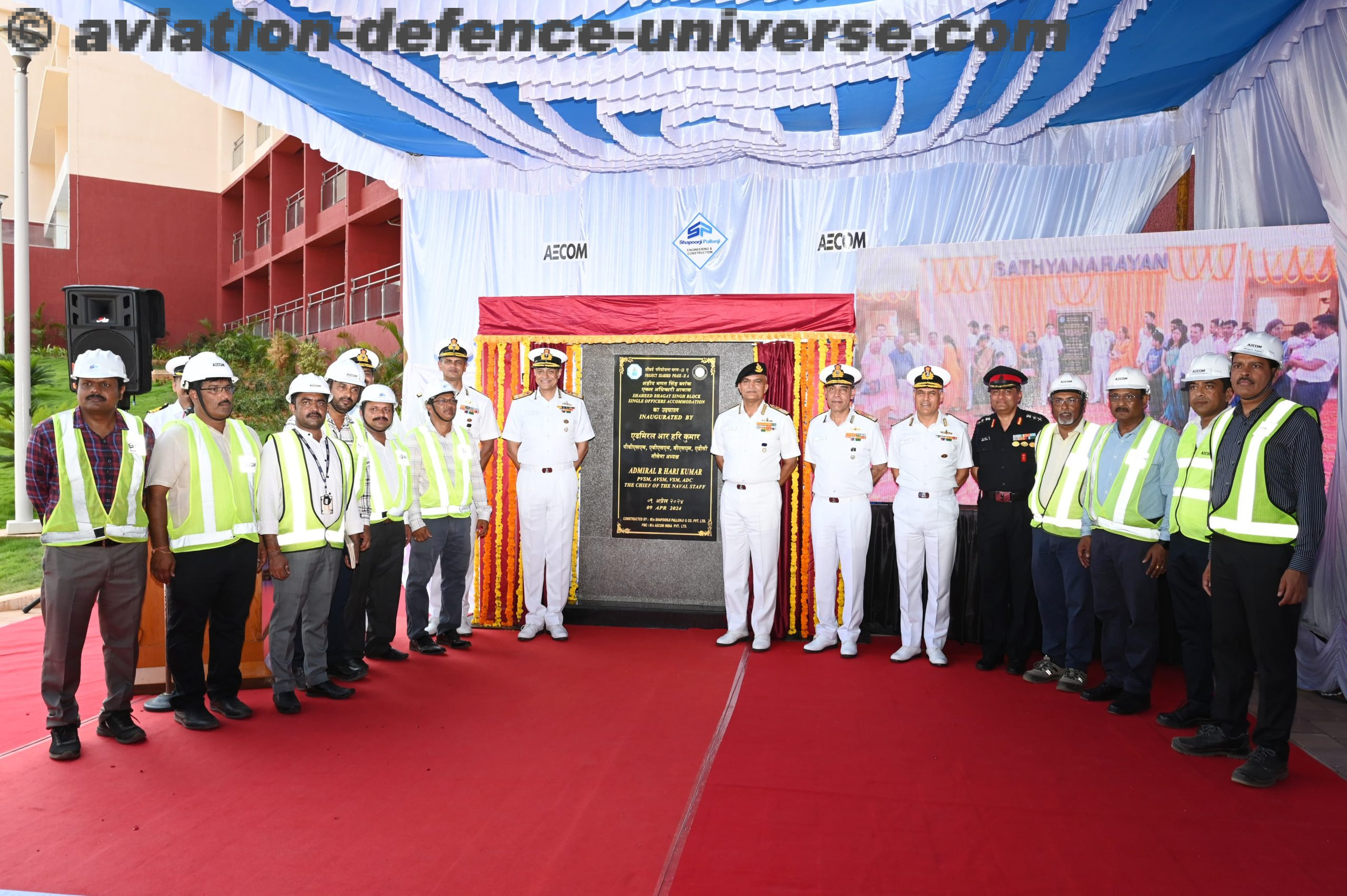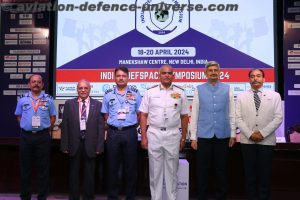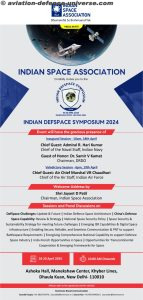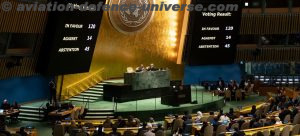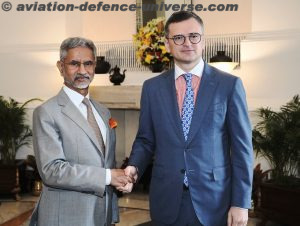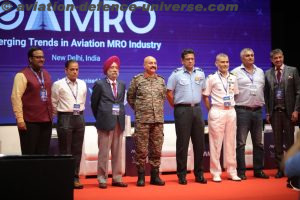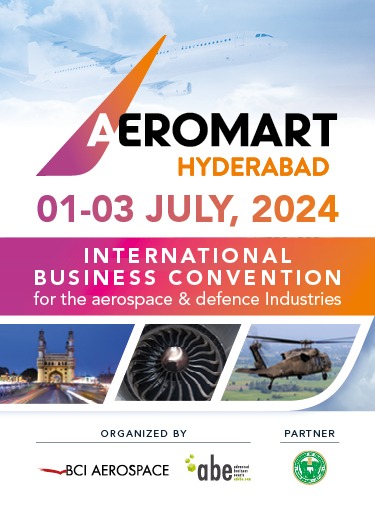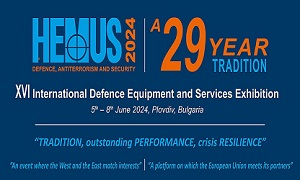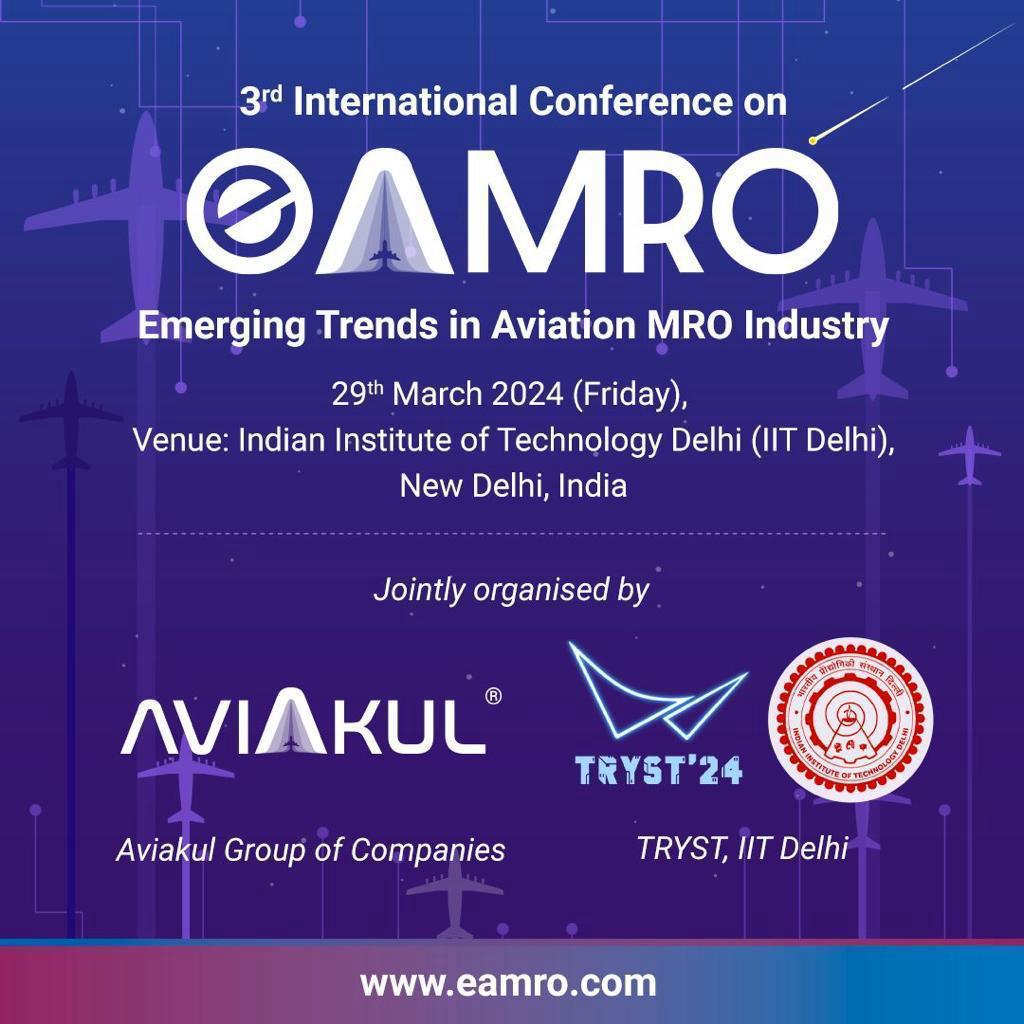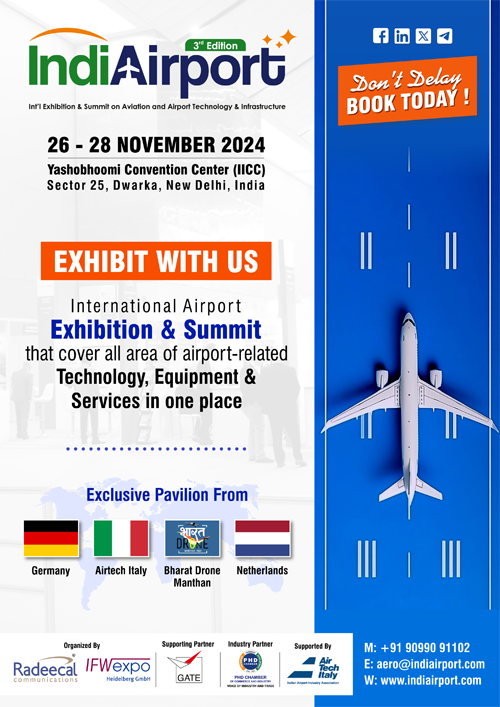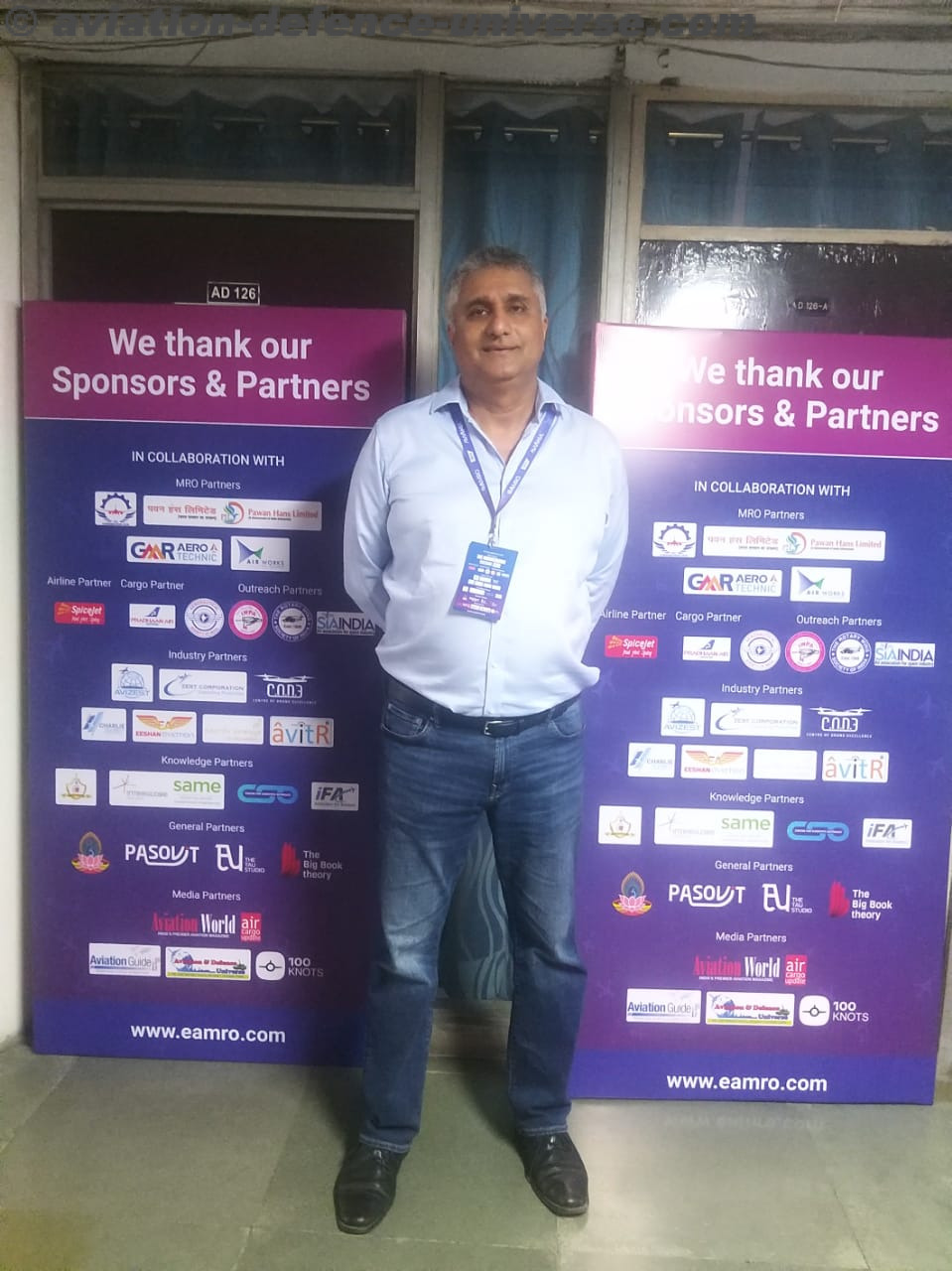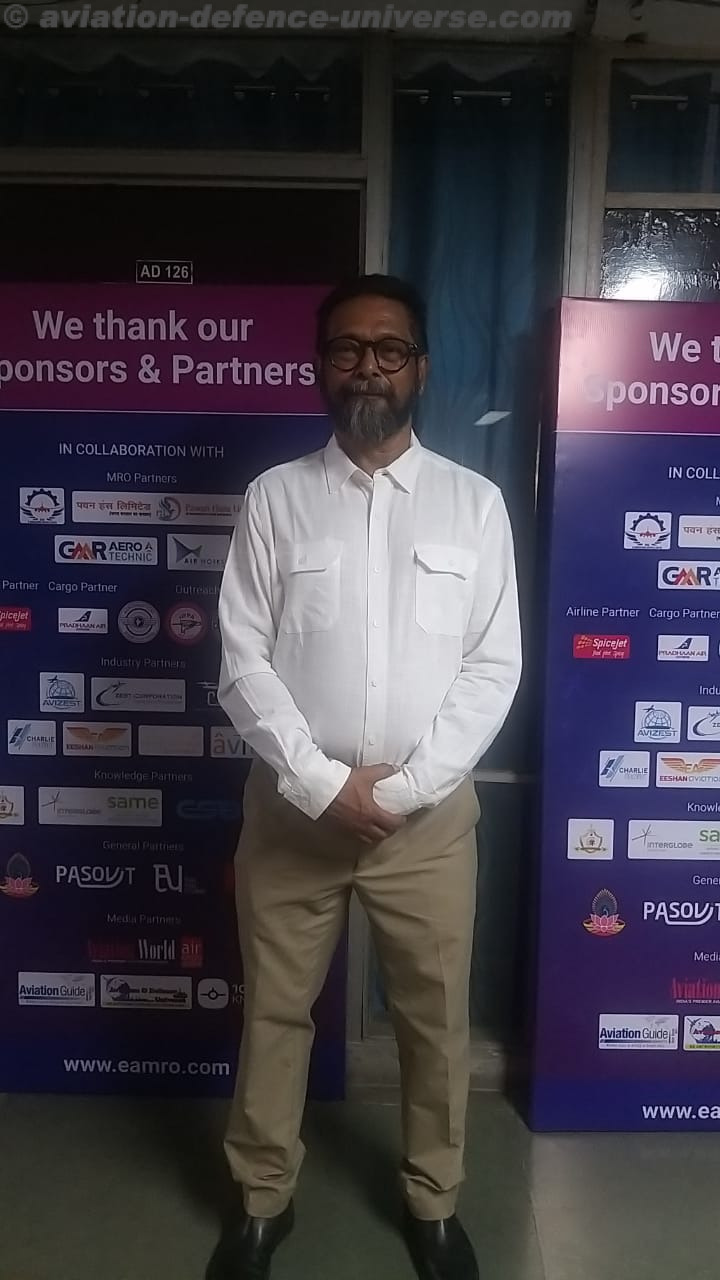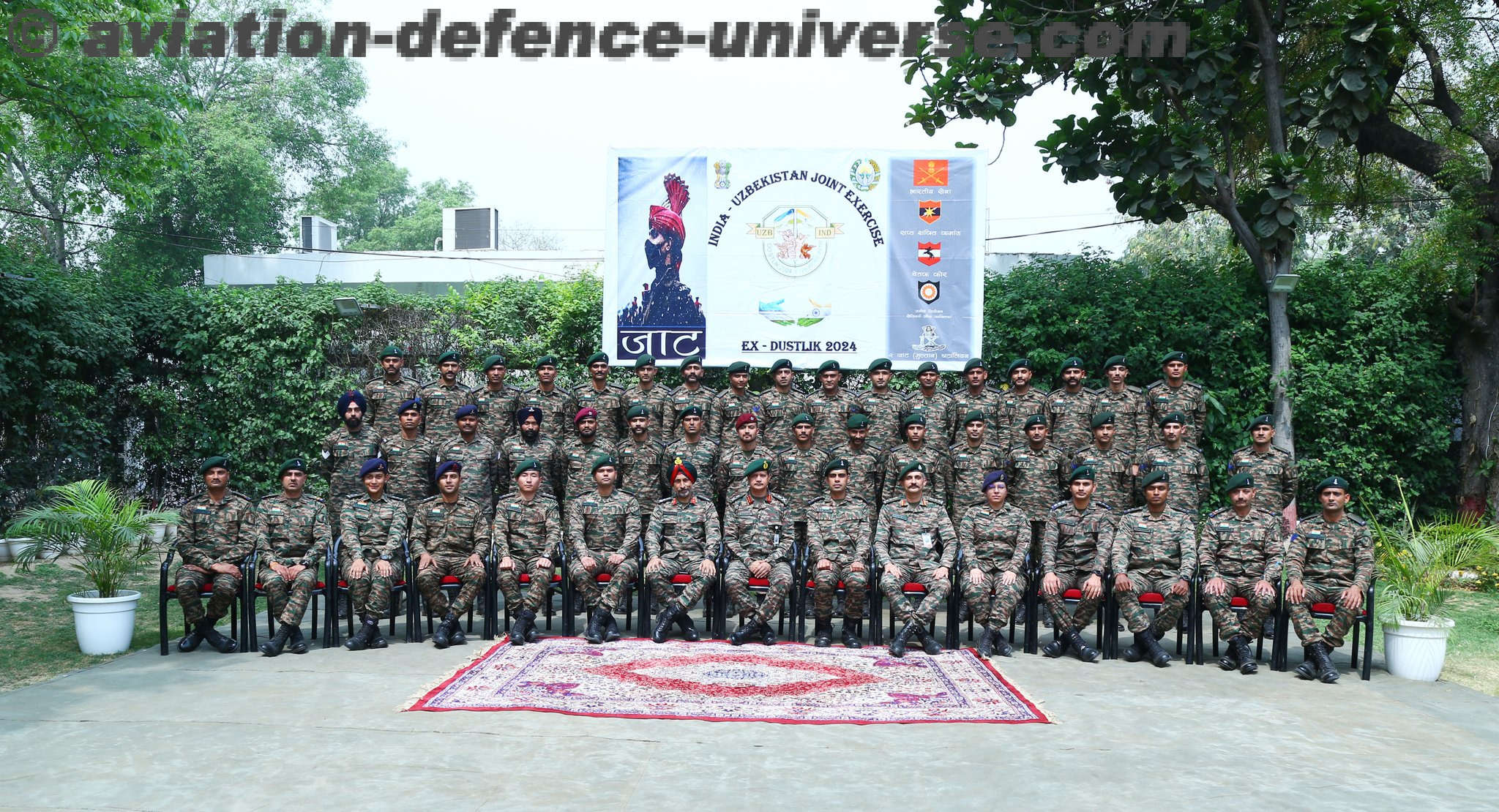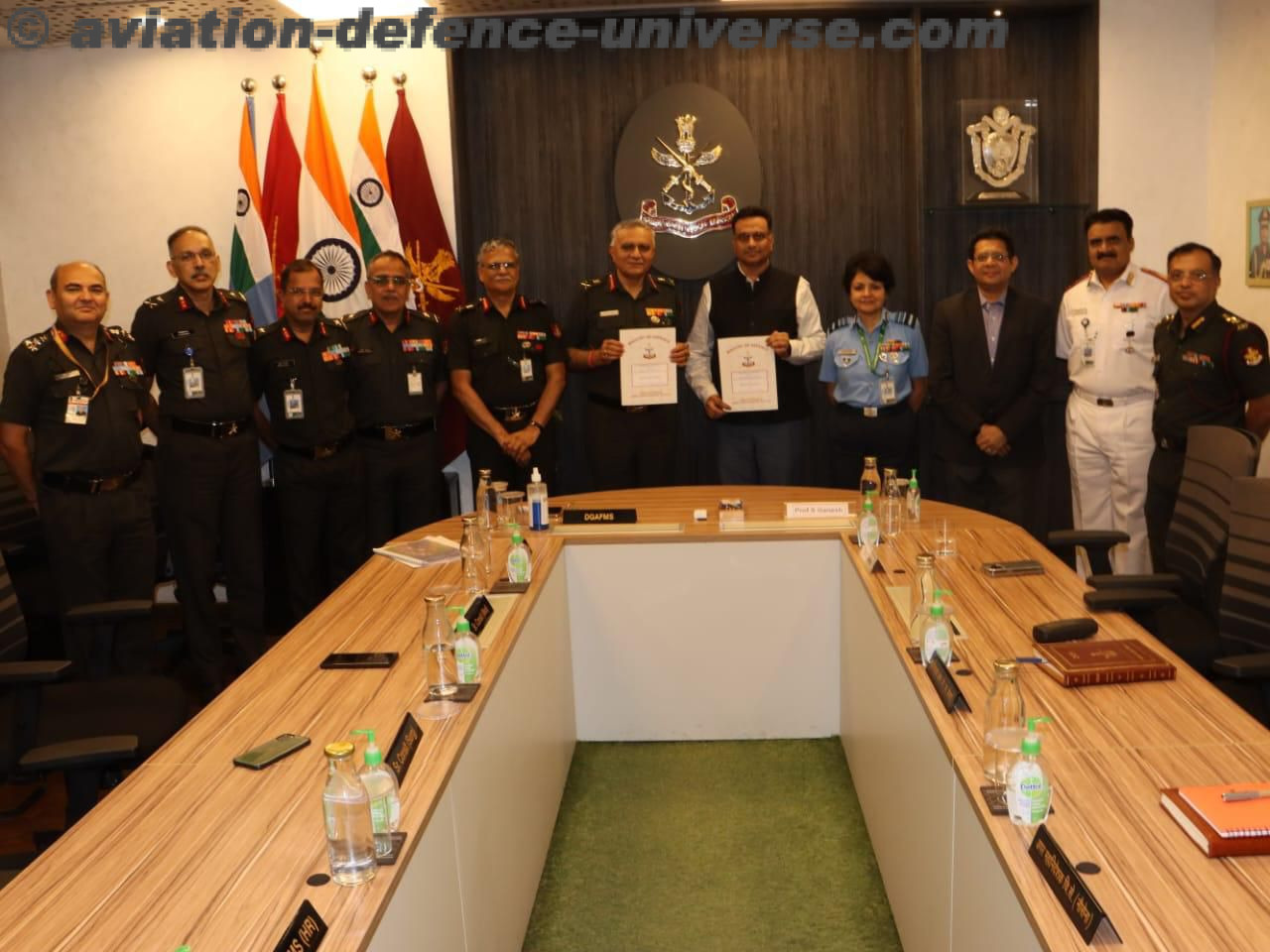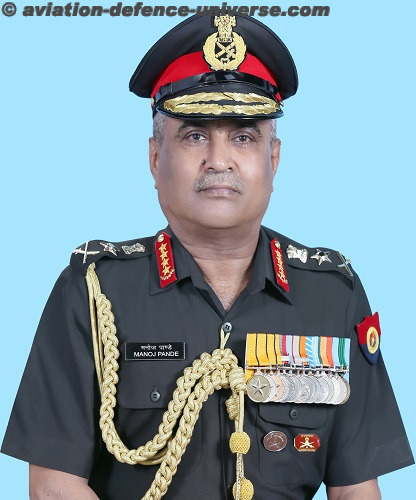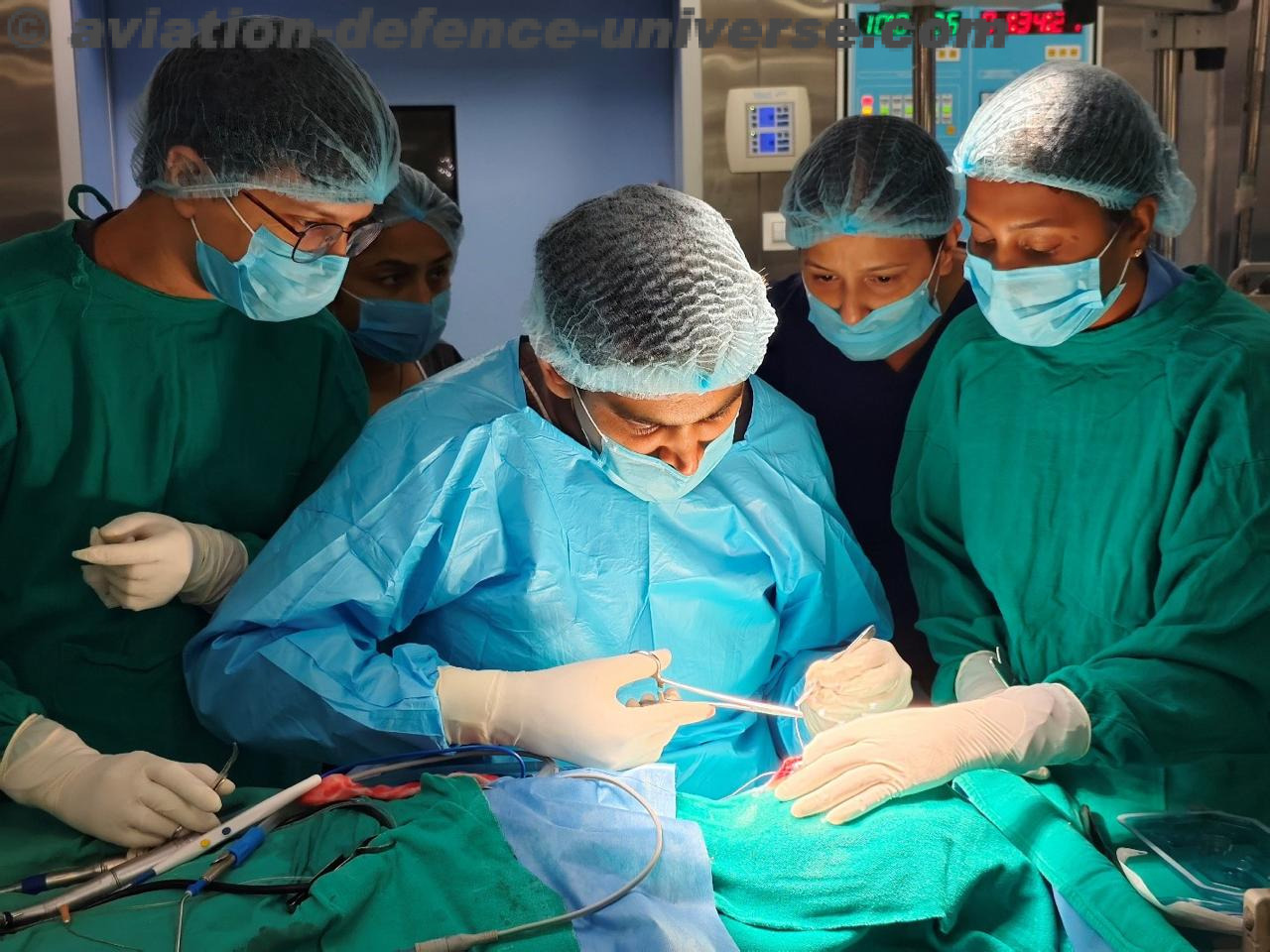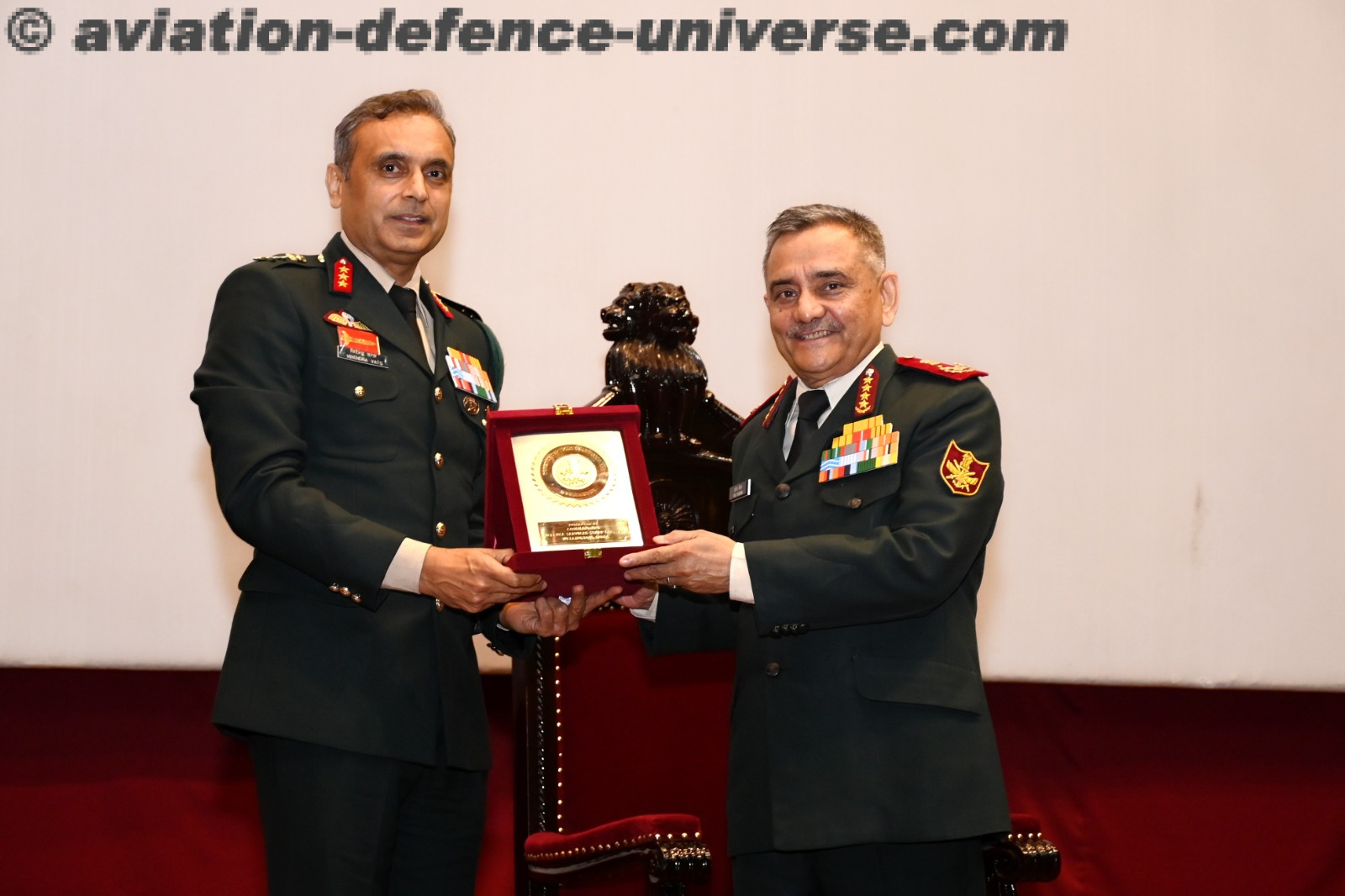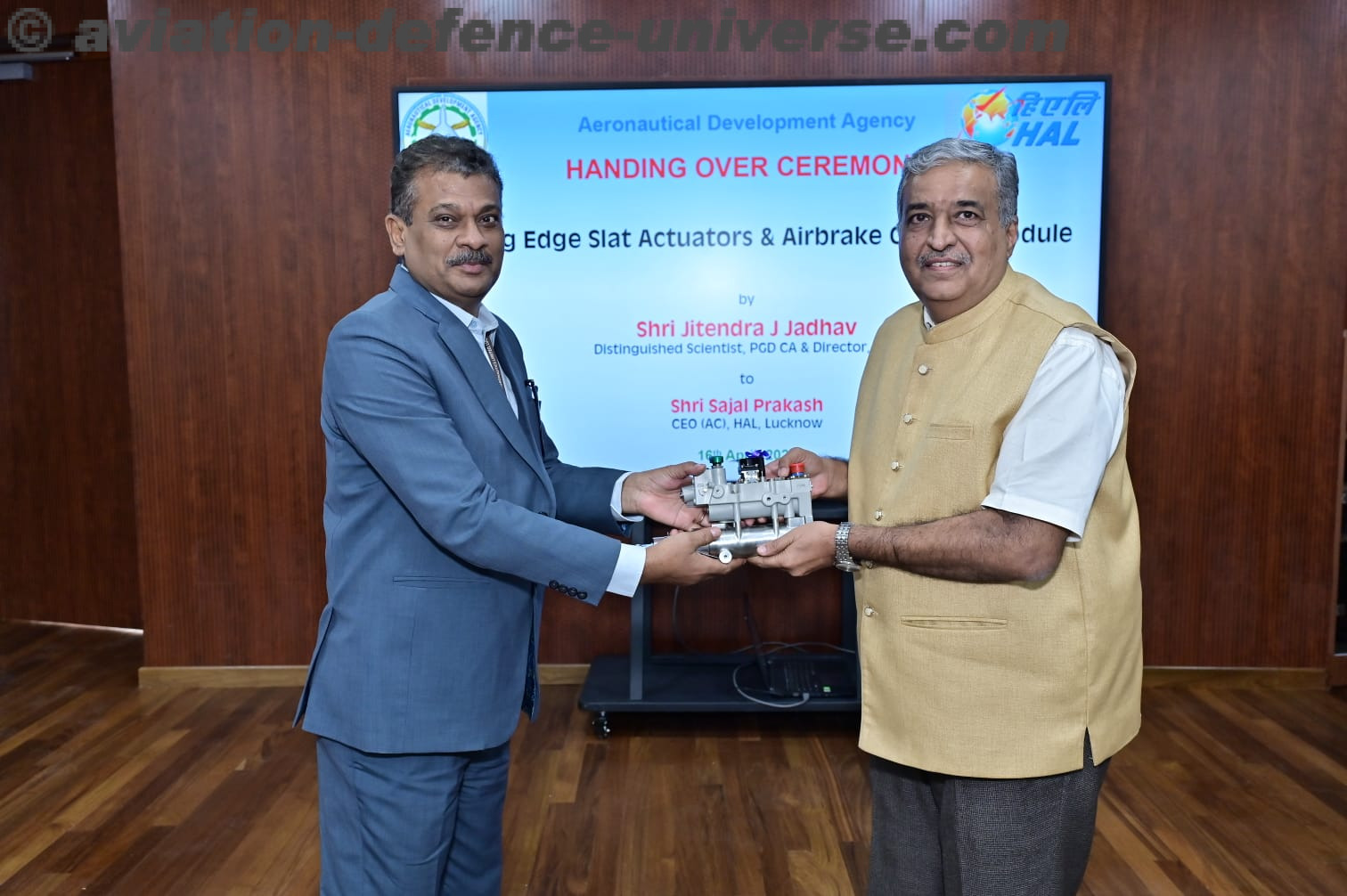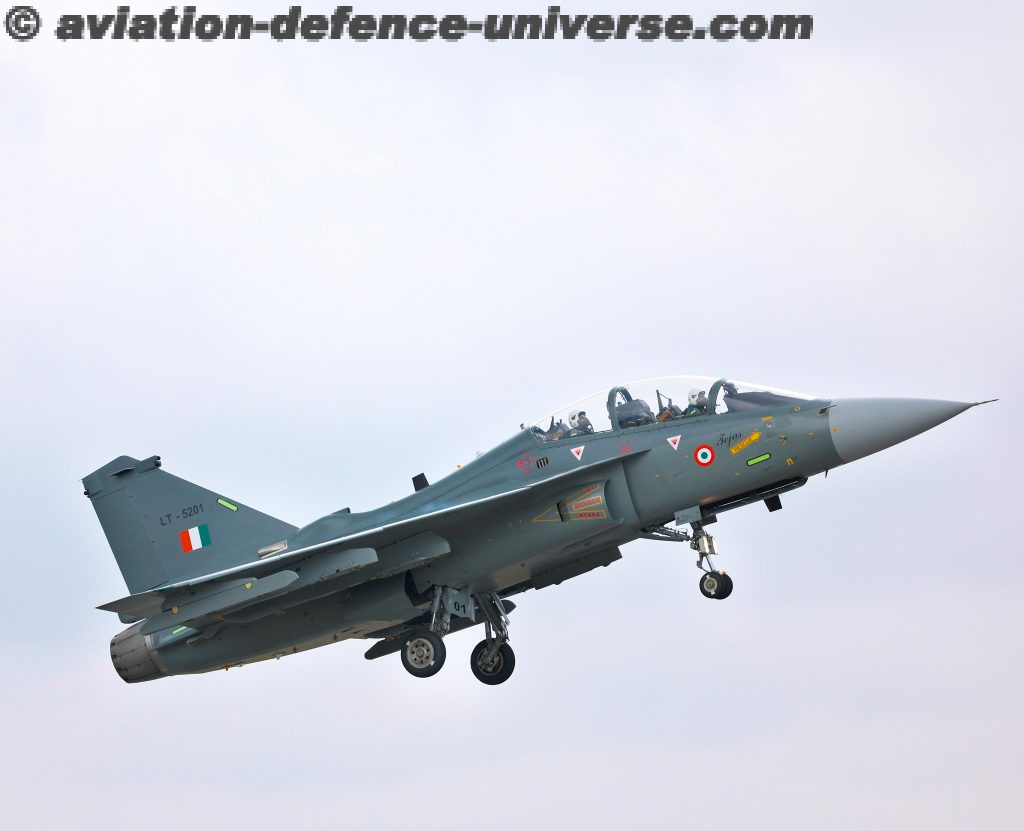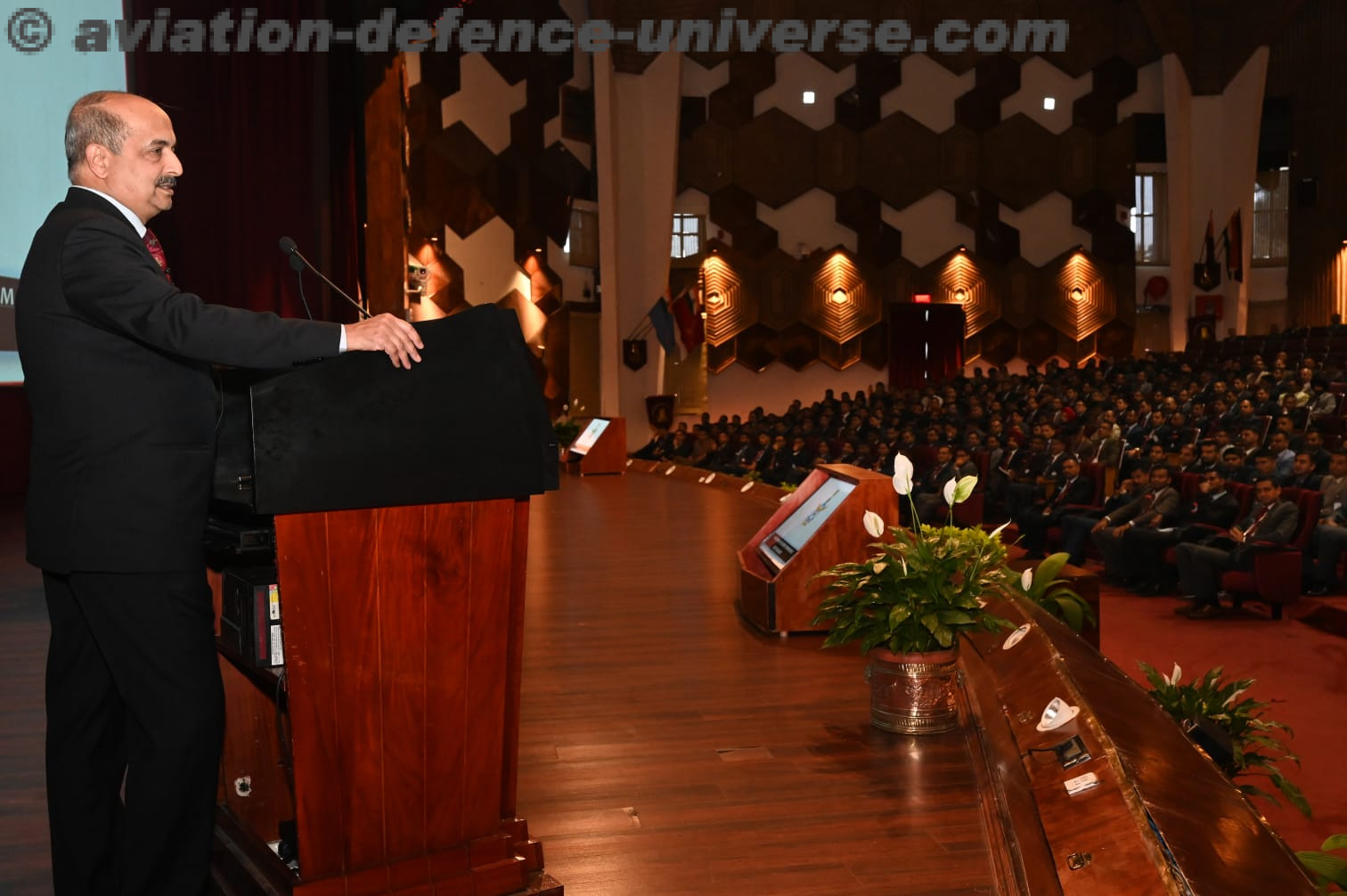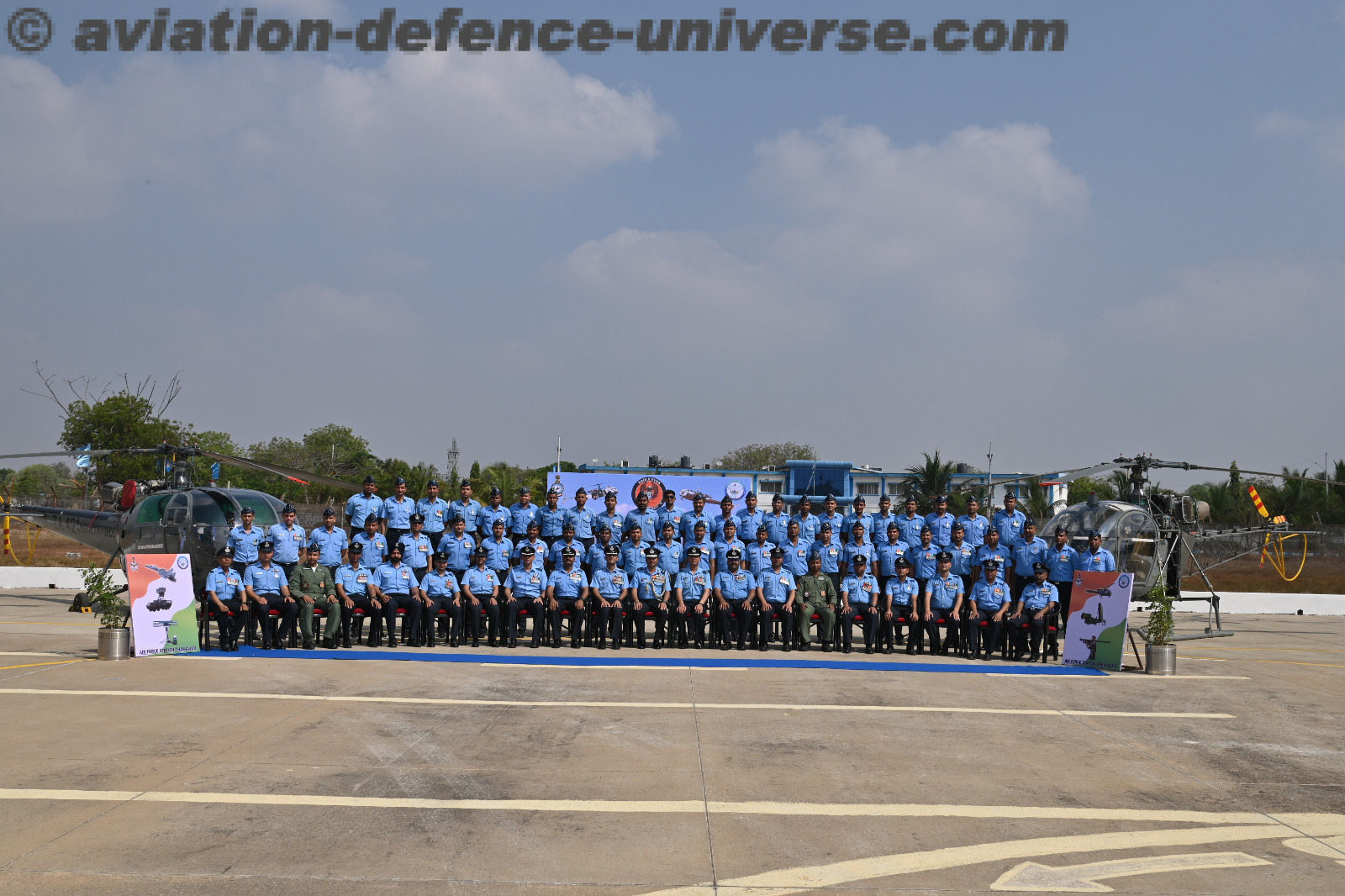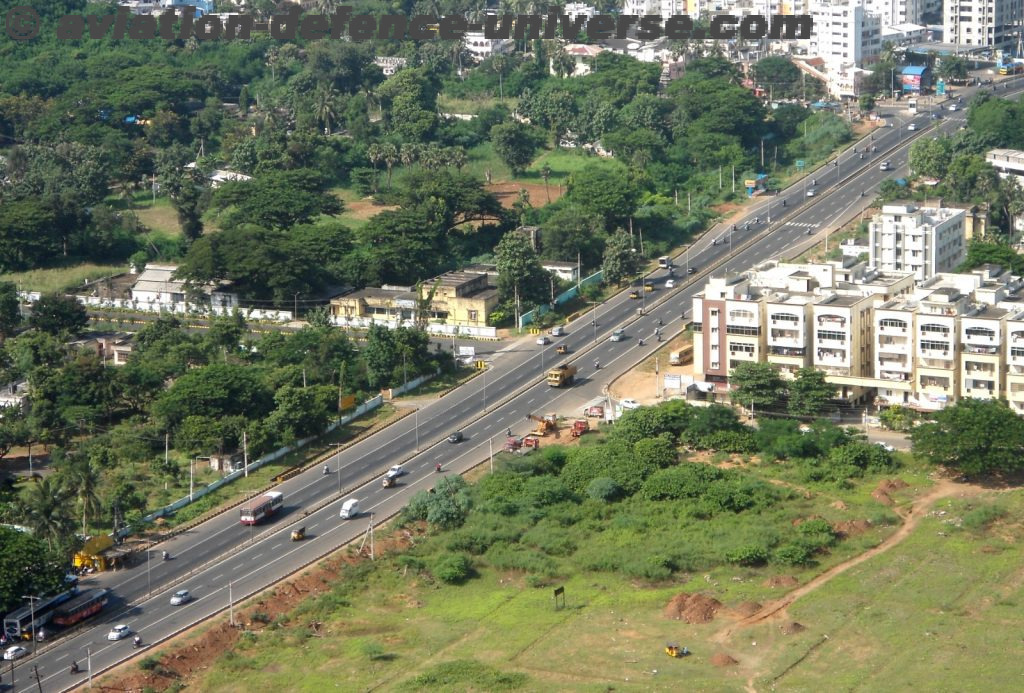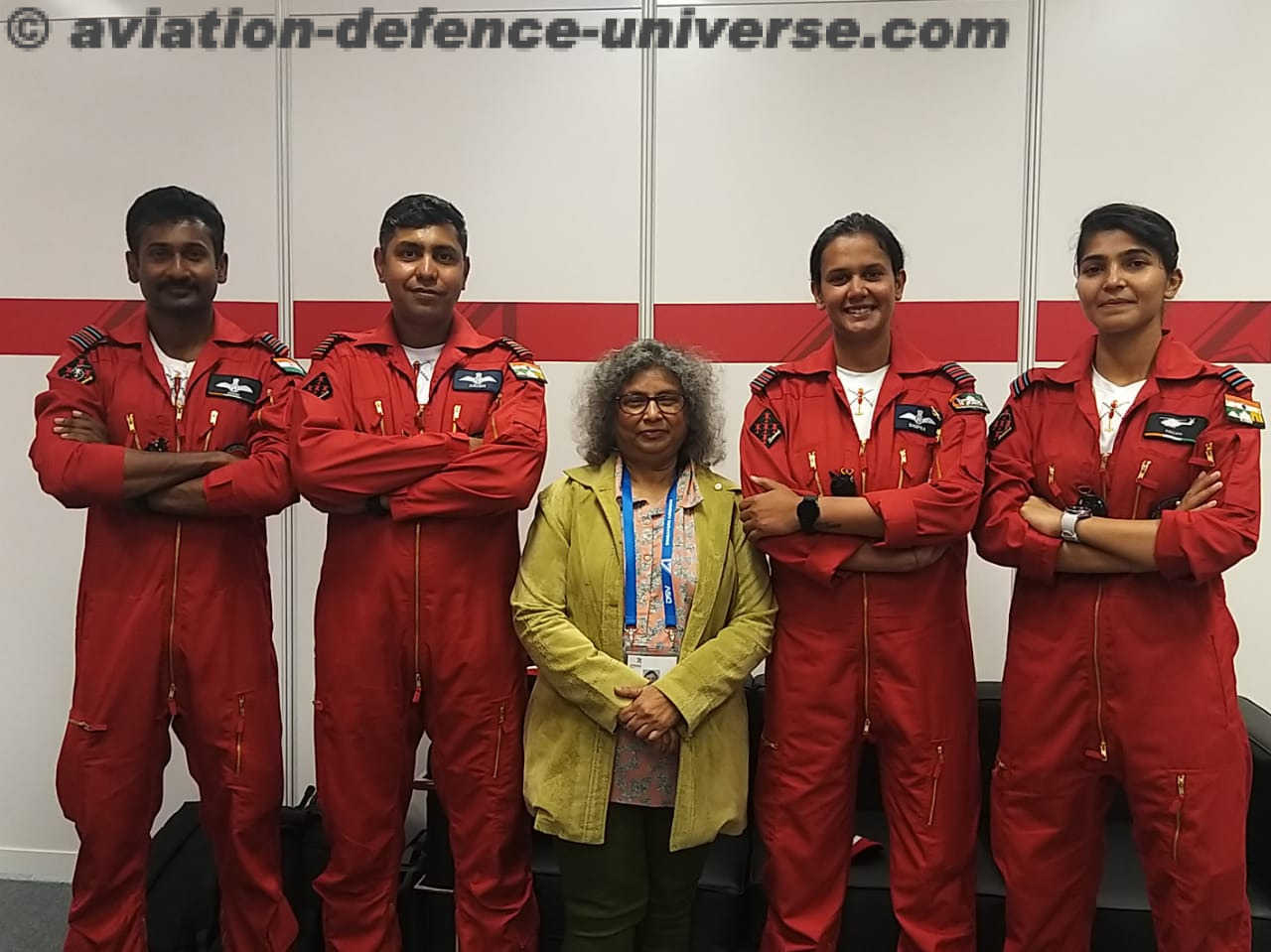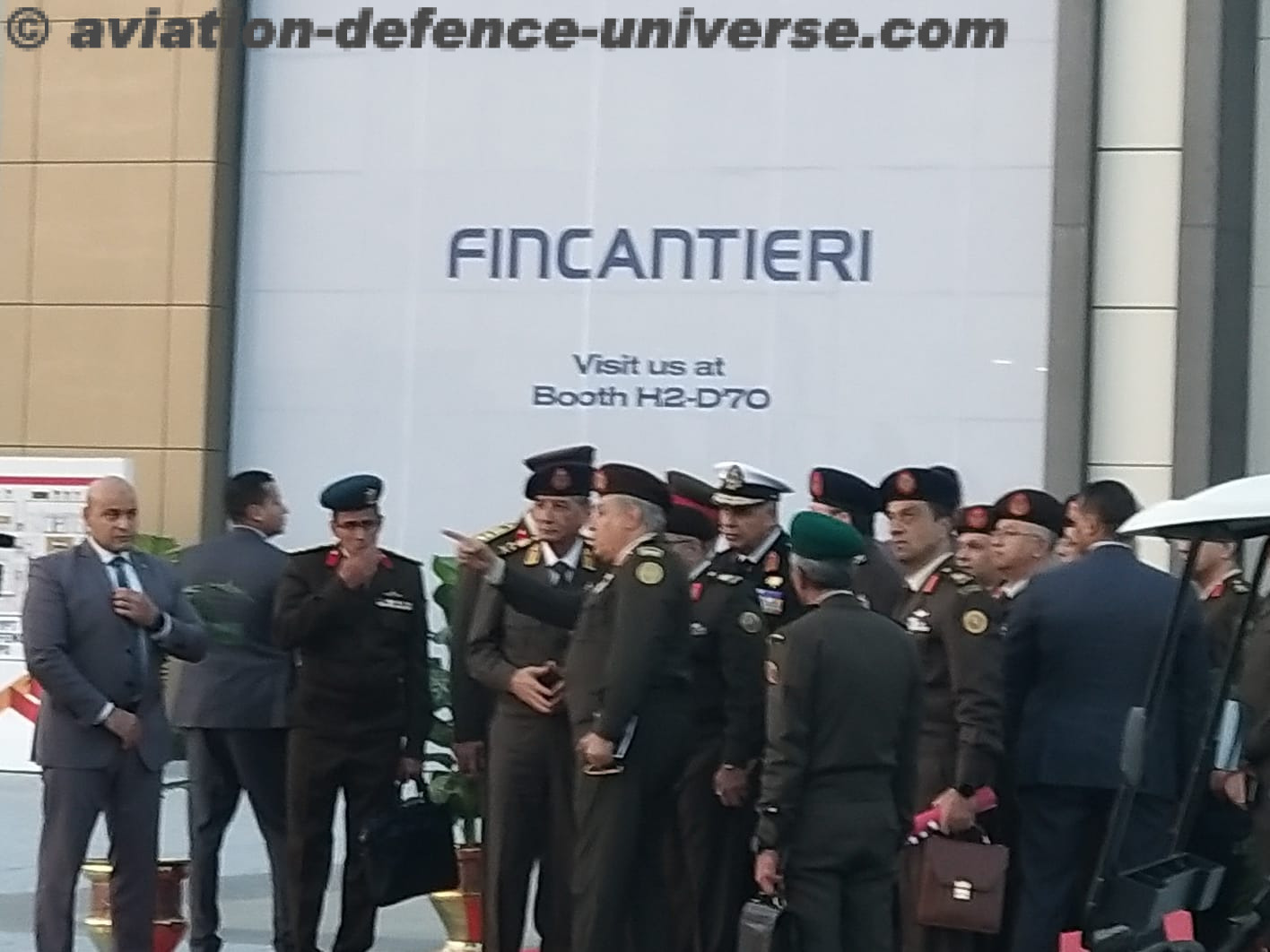New Delhi. 31 December, 2015. India’s ‘Act East Policy,’ enunciated with great vigour and foresight by the new leadership, acquired a new force in 2015 and manifested itself in the deepening of economic and strategic partnership with ASEAN countries and the extended East Asia region. India’s diplomatic efforts focused on leveraging synergies with this economically vibrant region and linking up these countries with India’s development agenda, pivoted around interlinked programmes of Make in India, Digital India, Smart Cities, Start-up India, M-Governance and Skill India.
The year also saw a marked upgrade of India’s security cooperation with the region, with the two sides mapping out concrete steps to intensify cooperation in combating terrorism, piracy and traditional and non-traditional security threats. These key drivers of Act East policy were reflected in PM Modi’s participation in India-ASEAN and EAS summits in Kuala Lumpur in November and in his bilateral visits to Malaysia, Singapore and South Korea. Singapore President’s visit to India, Vice-President Hamid Ansari’s trip to Laos, Cambodia and Indonesia, Myanmar’s foreign minister’s visit to India and visits of EAM Sushma Swaraj to Indonesia and Thailand telescoped multiple strands of intensified and reinvigorated engagement between India and the East Asia region across the spectrum.
The 10th India-ASEAN summit culminated in the adoption of an ASEAN-India plan of action for the period 2016 to 2020, entitled “Partnership for Peace, Progress and Shared Prosperity.” Underscoring the centrality of ASEAN in India’s diplomatic outreach to the region, PM Modi pledged a Line of Credit of USD 1 billion at the 13th India-ASEAN summit in Kuala Lumpur to promote projects that support physical and digital connectivity to transform the corridors of connectivity into corridors of economic growth and prosperity. A Project Development Fund to develop manufacturing hubs in CLMV countries, an Innovation Platform to facilitate commercialization of low cost technologies, the enhancement of the ASEAN-India Science and Technology Development Fund from the current USD 1 million to USD 5 million were some of the key announcements. On the trade side, the India-ASEAN Investment Centre, which is set to become functional very soon, will enable the two sides to scale up bilateral trade to $100 billion. India has also called for spurring progress in negotiations for a balanced and ambitious Regional Comprehensive Economic Partnership Agreement that covers goods and services as well as investments.
Enhanced security cooperation, the exhortation to delink terror from religion, and push to adopt the CCIT were important thrust areas. With maritime security becoming increasingly pivotal to secure global sea lanes of communication, India underlined its shared commitment with ASEAN towards freedom of navigation, over flight and unimpeded commerce, in accordance with accepted principles of international law, including the 1982 UN Convention on the Law of the Sea.
In terms of bilateral interactions, PM Modi’s visit to South Korea in May, followed by bilateral trips to Malaysia and Singapore in November, reflected in a nutshell, the key emphasis of the country’s Act East policy. During PM Modi’s May visit, India and South Korea agreed to upgrade the bilateral relationship to a ‘Special Strategic Partnership’ as the two sides decided to establish annual summit meetings, in either country, or on the margins of multilateral events. They infused a new energy into their multi-faceted partnership by signing seven bilateral agreements in diverse areas. The decision to launch a diplomatic and security dialogue in 2+2 format, making Republic of Korea the second country with which India has such a dialogue, reflected the deepening strategic content of the relationship. South Korea is set to play a crucial role in India’s economic modernization, with its companies excited about supporting large infrastructure projects in India. Seoul signaled confidence in the India Story by unveiling $10 billion package to support India’s ambitious projects, including Make in India and smart cities.
PM Modi’s bilateral visit to Malaysia (November 23) saw the two countries enhance their strategic partnership by signing three pacts, which encompassed diverse areas, including cooperation in cyber security, public administration and culture. Malaysia is set to play a more proactive role in India’s development journey with Malaysian companies offering to be a part of India’s smart cities project and to help in infrastructure development of India.
India’s ties with Singapore, a crucial plank of our Act East policy and the second largest source of FDI, experienced a distinct upward movement during Singapore President’s state visit to India in February to celebrate 50 years of the establishment of diplomatic ties and PM Modi’s November 23-24 visit to the city state. Prime Minister Modi was one of the few world leaders invited to visit Singapore in March 2015, to join the island nation in mourning the demise of its founding father Lee Kwan Yew. During his November visit, India and Singapore signed a joint declaration on a Strategic Partnership agreement and signed 10 bilateral agreements in the areas of defence, cyber security and civil aviation. The strategic partnership has identified five focal areas to strengthen economic cooperation which includes scaling up of trade and investment, speeding up air and maritime connectivity and coastal development, smart city development and urban rejuvenation, skills development and capacity building.
The Vice President’s visit to Cambodia, Laos and Indonesia and EAM’s visit to Thailand and Indonesia also helped consolidate our partnership with key ASEAN partners. With Thailand, the signing of a revised treaty to avoid double taxation is set to upscale trade and investment and an exchange of Instruments of Ratification of Extradition Treaty will enhance security cooperation between the two countries. Cultural ties are set to get a boost with the signing of a MoU on Thailand joining the establishment of Nalanda University and a MoU on the establishment of an Ayurveda Chair in one of the Thai universities.




